Fascinating facts about Chanel - things you didn't know about the legendary designer and the fashion house
From Coco herself to the brand in recent times, there's plenty of surprising and memorable facts about Chanel

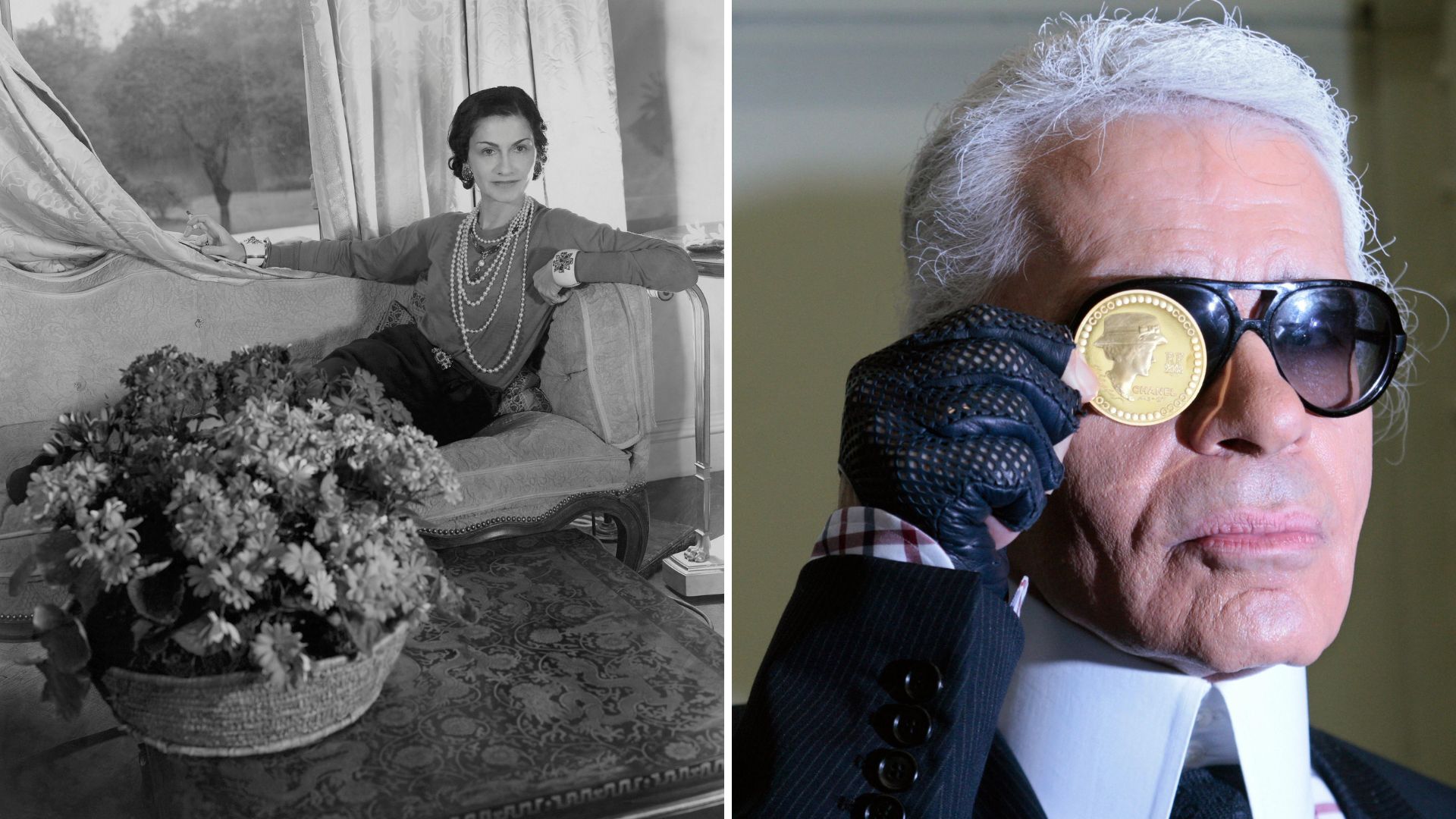
"Fashion changes, but style endures." Coco Chanel said it, and the House of Chanel continues to prove it to be true.
Synonymous with elegance and quality, Chanel has conquered haute couture, become a force in ready-to-wear, and even offers luxury favourites across skincare, makeup and fragrances.
It's a brand that needs no introduction, and Coco Chanel is a woman who is equally celebrated. But did you know these scintillating and surprising facts about the woman and her eponymous brand?
32 facts about Chanel
Coco Chanel isn’t actually called Coco
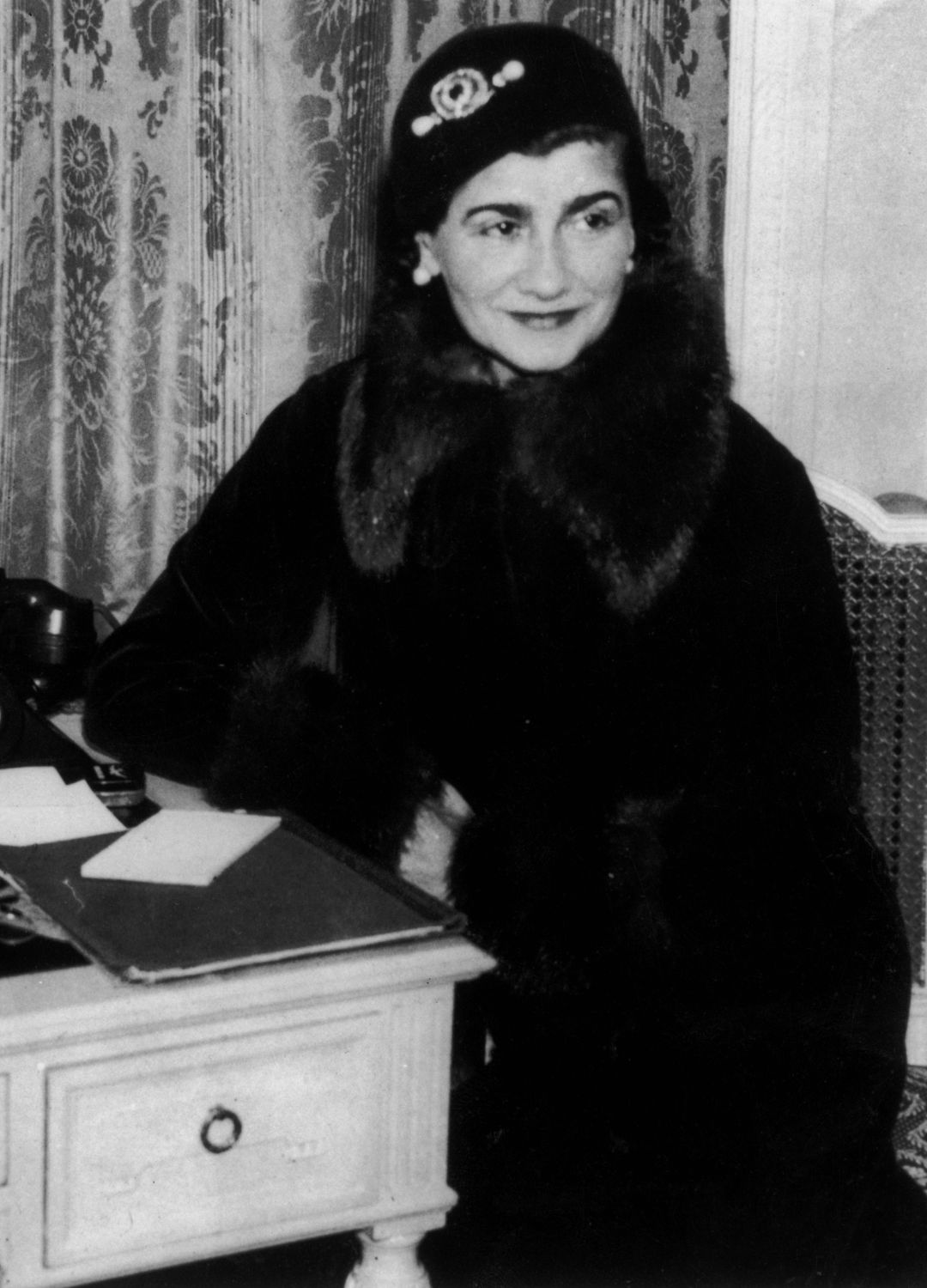
The world remembers the legendary fashion designer as Coco Chanel, and the two interlocking C’s of her initials have become a well-known symbol of luxury. However, Coco doesn't appear anywhere on the icon's birth certificate - in fact, neither does 'Chanel.'
She was actually born Gabrielle Chanel but her birth certificate reportedly didn’t even state that – there was a mistake when transcribing her name, and it was recorded as Gabrielle Bonheur Chasnel.
The Queen of Luxury did not grow up wealthy
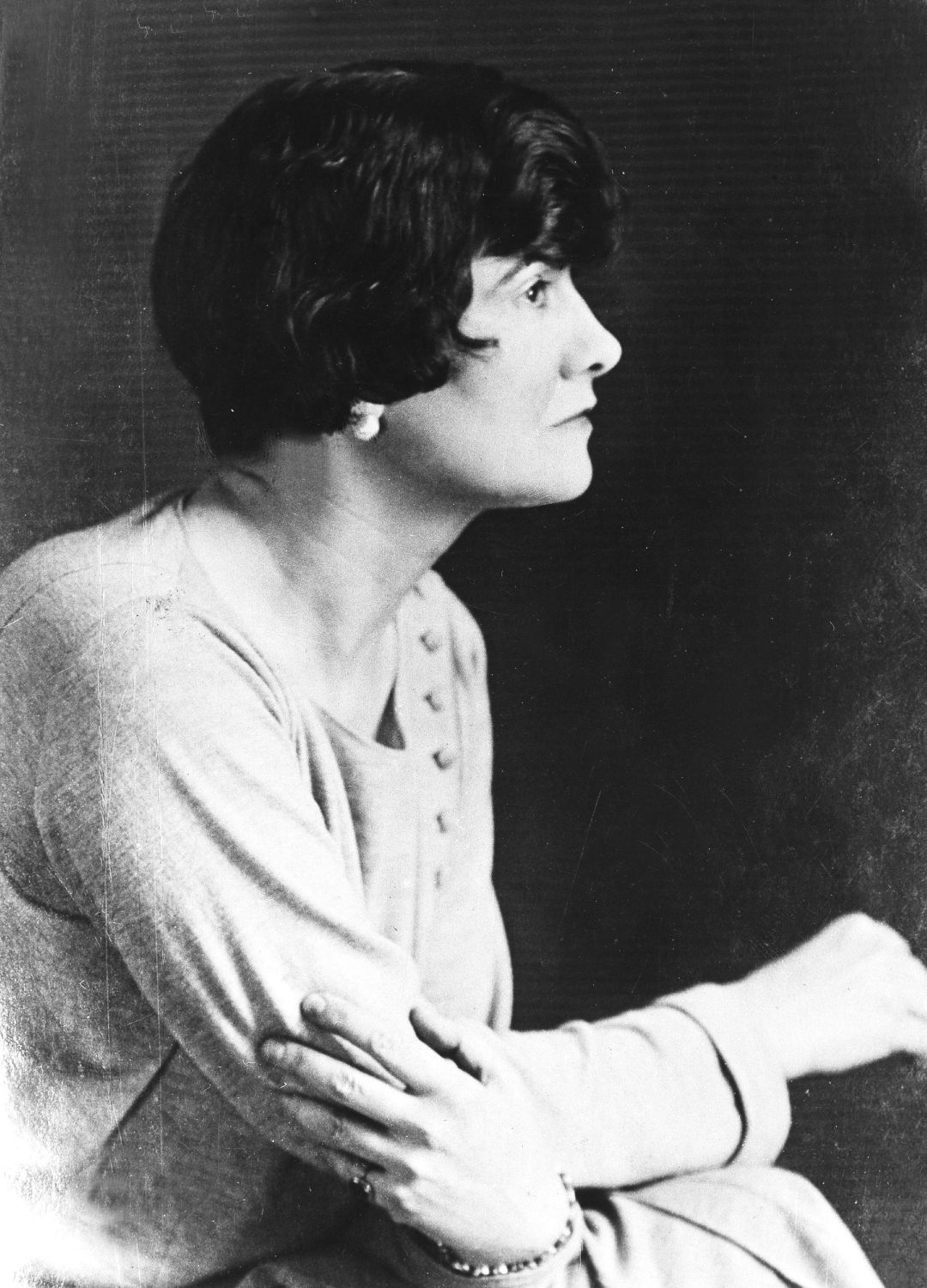
As she cemented her reputation among fashion's elite, Coco was known for her love of fine things. However, Gabrielle Chanel did not acquire this taste for the luxe life from a young age.
She grew up knowing poverty. When her mother died of tuberculosis in 1895, her father left her at an orphanage in the town of Aubazines. She would never see him again.
Sign up to our free daily email for the latest royal and entertainment news, interesting opinion, expert advice on styling and beauty trends, and no-nonsense guides to the health and wellness questions you want answered.
Preferring to downplay her impoverished past, Chanel once famously said, "My life didn’t please me, so I created my life."
Chanel’s first store only sold one item
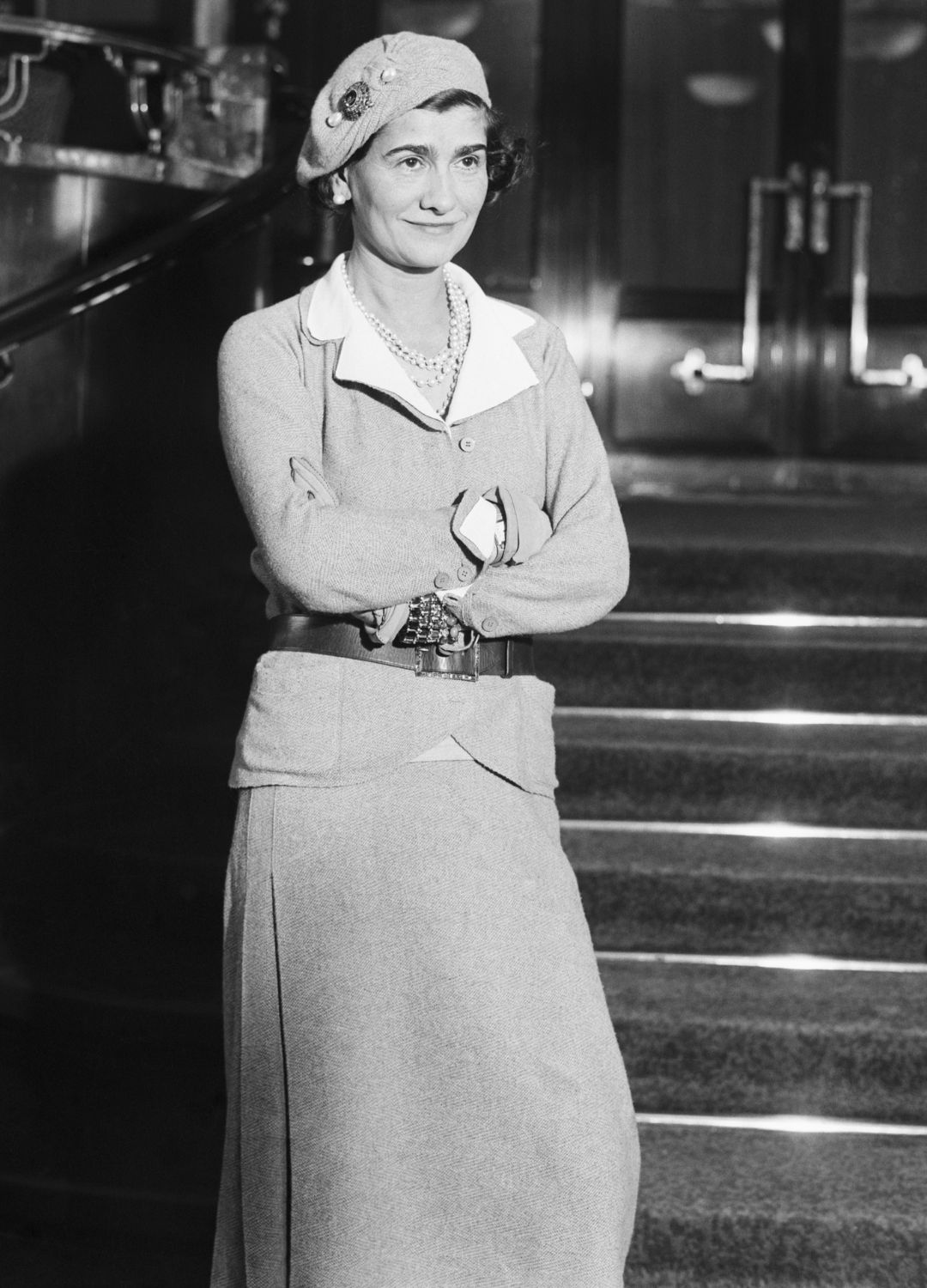
While the brand of Chanel has gone on to conquer everything from suits to jewellery, Coco established her reputation focusing on just one item - hats.
The first store she owned sold hats under the label of Chanel Modes, and every chic Parisian woman was desperate for a hat by the up-and-coming name.
Her first couture shop did not open until 1915.
She used a material usually found in men’s underwear
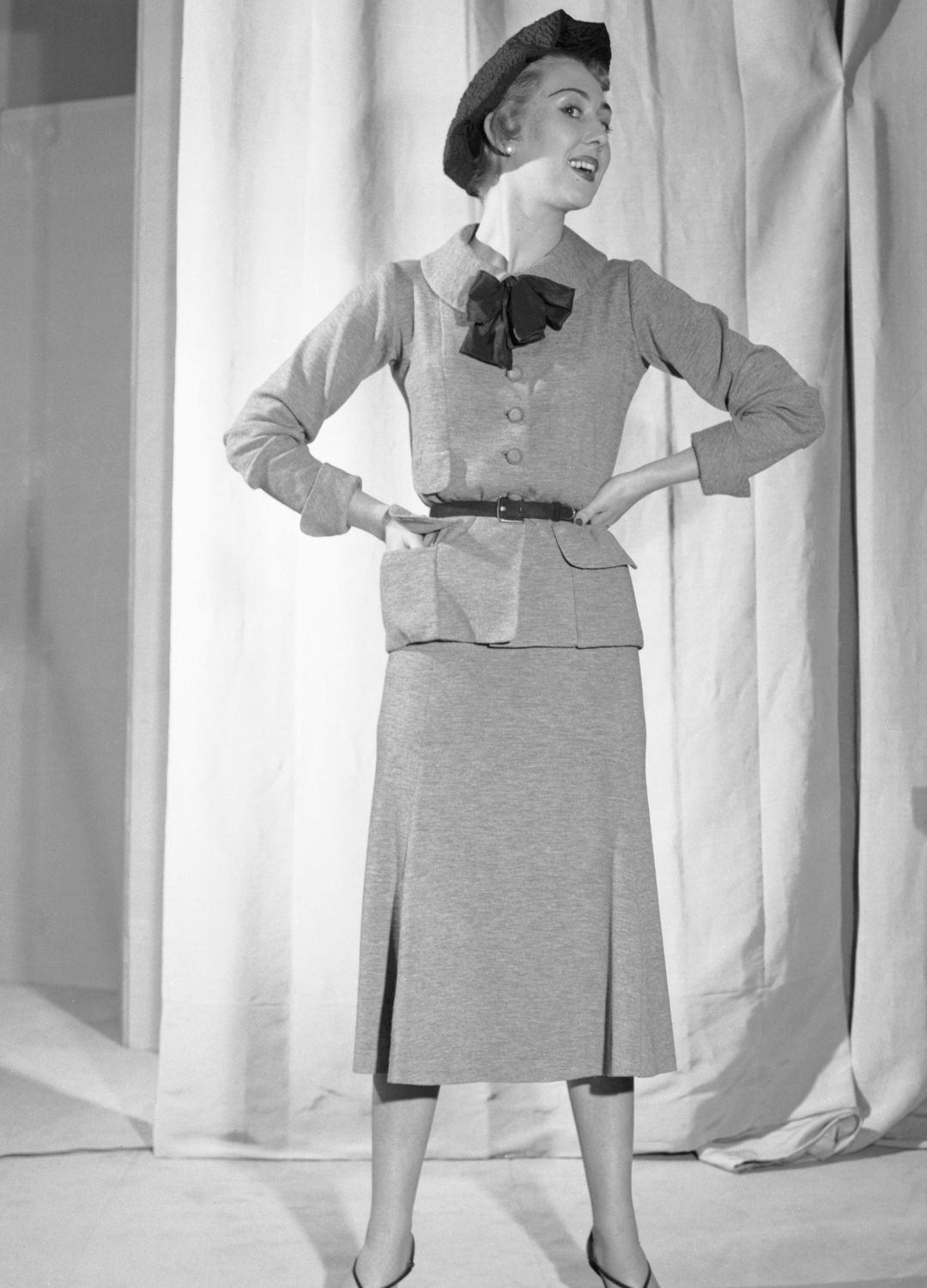
In 1913, after expanding her millinery studio to revolutionise womenswear, Coco Chanel's first major breakthrough involved selling sportswear for women made out of jersey.
This made her the first designer to use jersey in womenswear. Jersey had, up until then, mostly been used for men’s underwear.
Her clothes proved to be a first for women
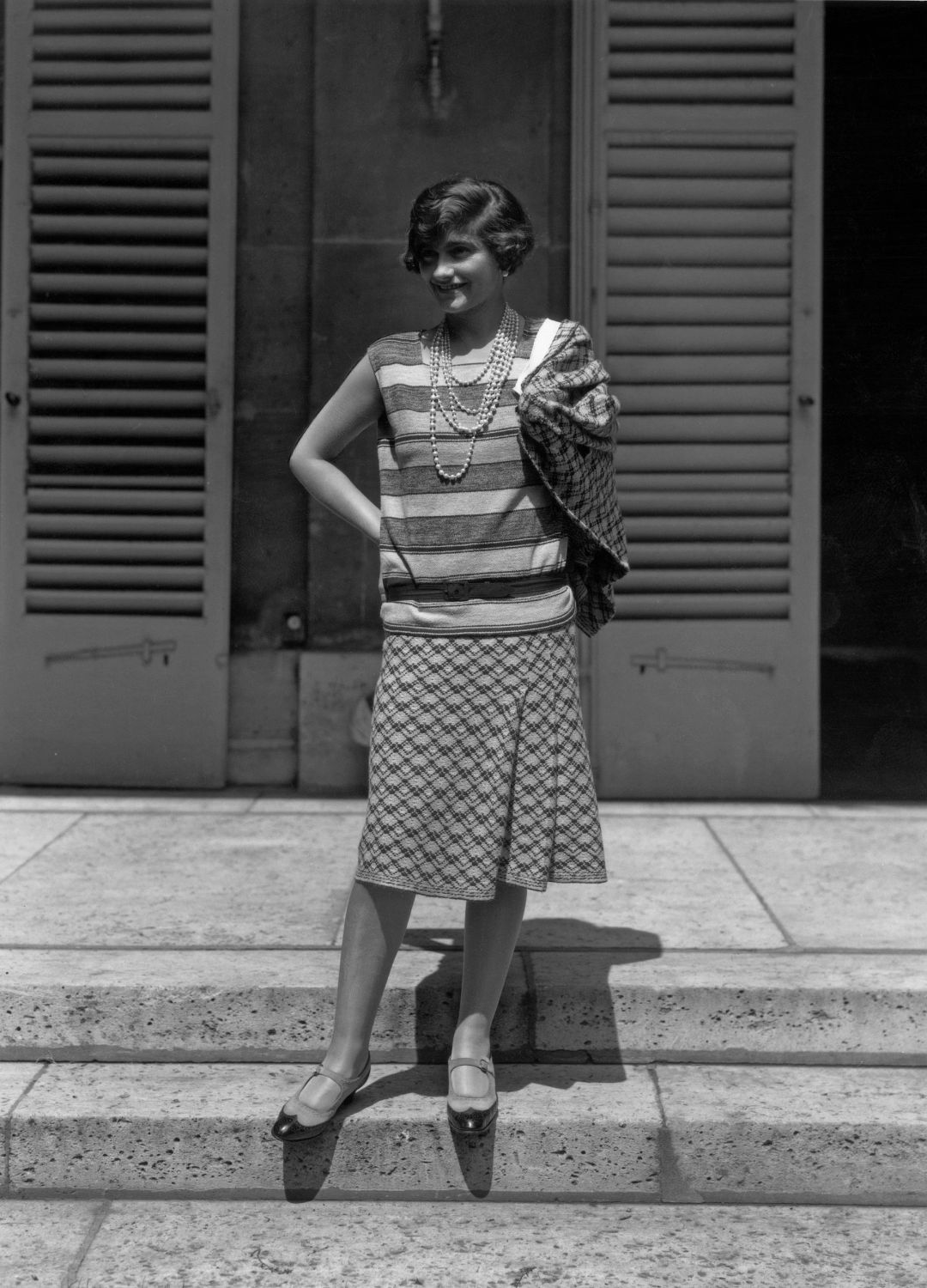
Coco Chanel's early designs quickly caught on with women because they effortlessly blended practicality and elegance.
Her understanding of making clothes that were both stylish and helpful for the women of her generation allowed her to revolutionise fashion in a profound way – her sweaters were the first garments that women could pull on over their heads. She eliminated the need for laces, buttons and clasps.
She didn’t create it, but she did popularise the Little Black Dress
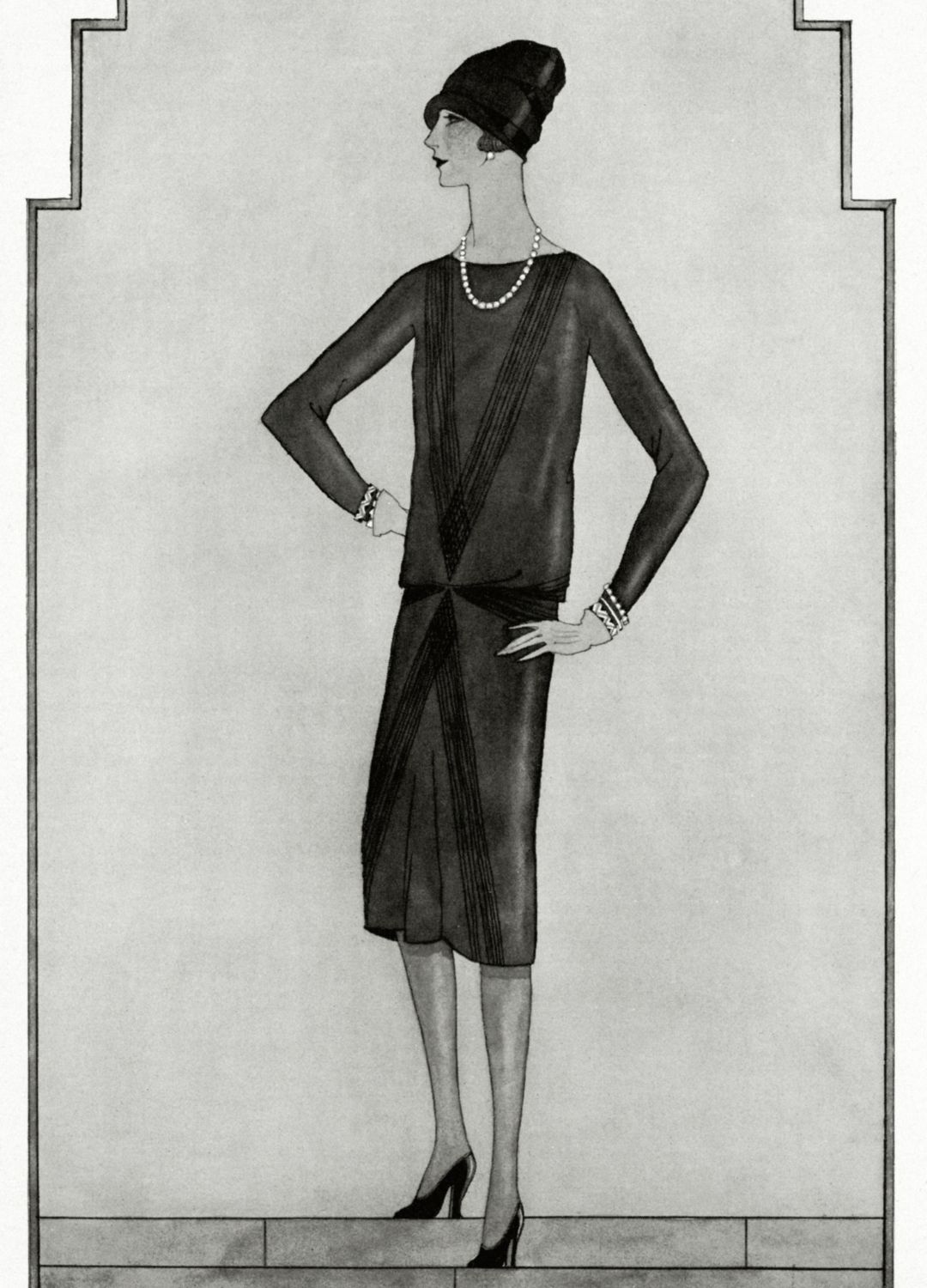
There's nothing more refined, elegant and wearable than the Little Black Dress - and the best black dresses are still worn on red carpets today. This is, in part, down to Coco Chanel.
She introduced the concept of the timeless item as a ‘day to night’ look back in a 1926 edition of Vogue.
Before Coco’s intervention, a black dress was reserved for funerals and mourning. The affordable and reusable style took off during the Depression eras, and the ubiquity of the dress had Vogue crown it ‘Chanel’s Ford’ - comparing it in importance and ubiquity to the car most Americans had.
Her love life inspired one of her most classic looks
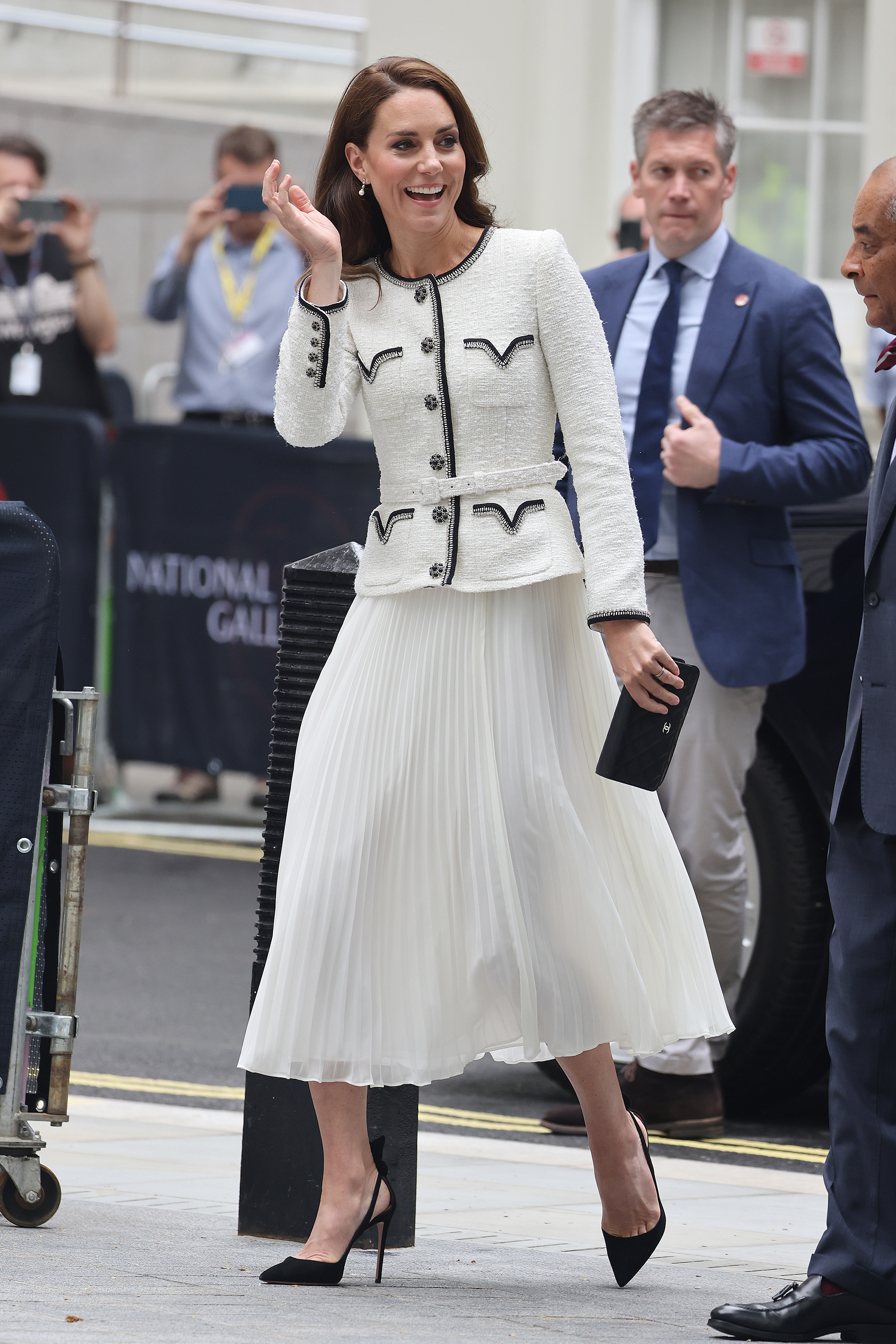
While dating the Duke of Westminster, Coco Chanel paid a visit to Scotland in 1924, where she first discovered tweed. Bringing the durable material back to France, she began mixing it with silk and wool, working it into more feminine and refined suits.
This inspired the now classic look still worn by everyone from Anna Wintour to Duchess Catherine today - the textured, rigid suit jackets with elegant, feminine touches.
Unlikely inspiration helped her popularise a summer staple
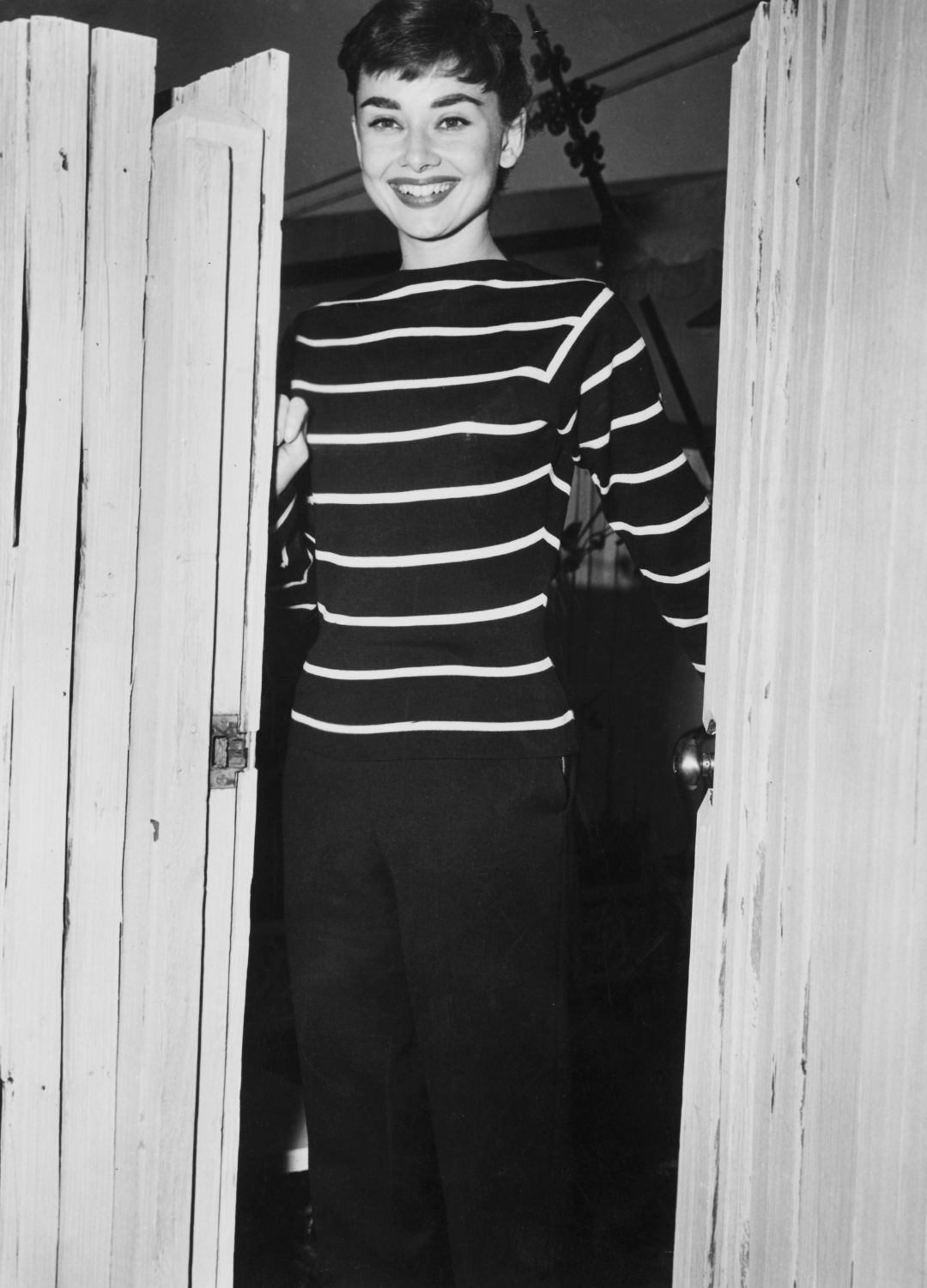
Many of Coco Chanel’s timeless, chic creations were inspired not by glamour or art, but by practicality, including her iconic take on the Breton striped sweater.
Now a go-to for everyone from Audrey Hepburn to the royals, Chanel created a more wearable, flattering striped summer top after getting the inspiration from heavy-duty clothing worn by seamen and the French navy.
In 1913, Coco was inspired by the striped French naval uniforms, reimagining them in less restrictive materials and ushering her own striped marinière ('sailor') top into popular fashion.
Chanel forever became immortalised in history in 1963
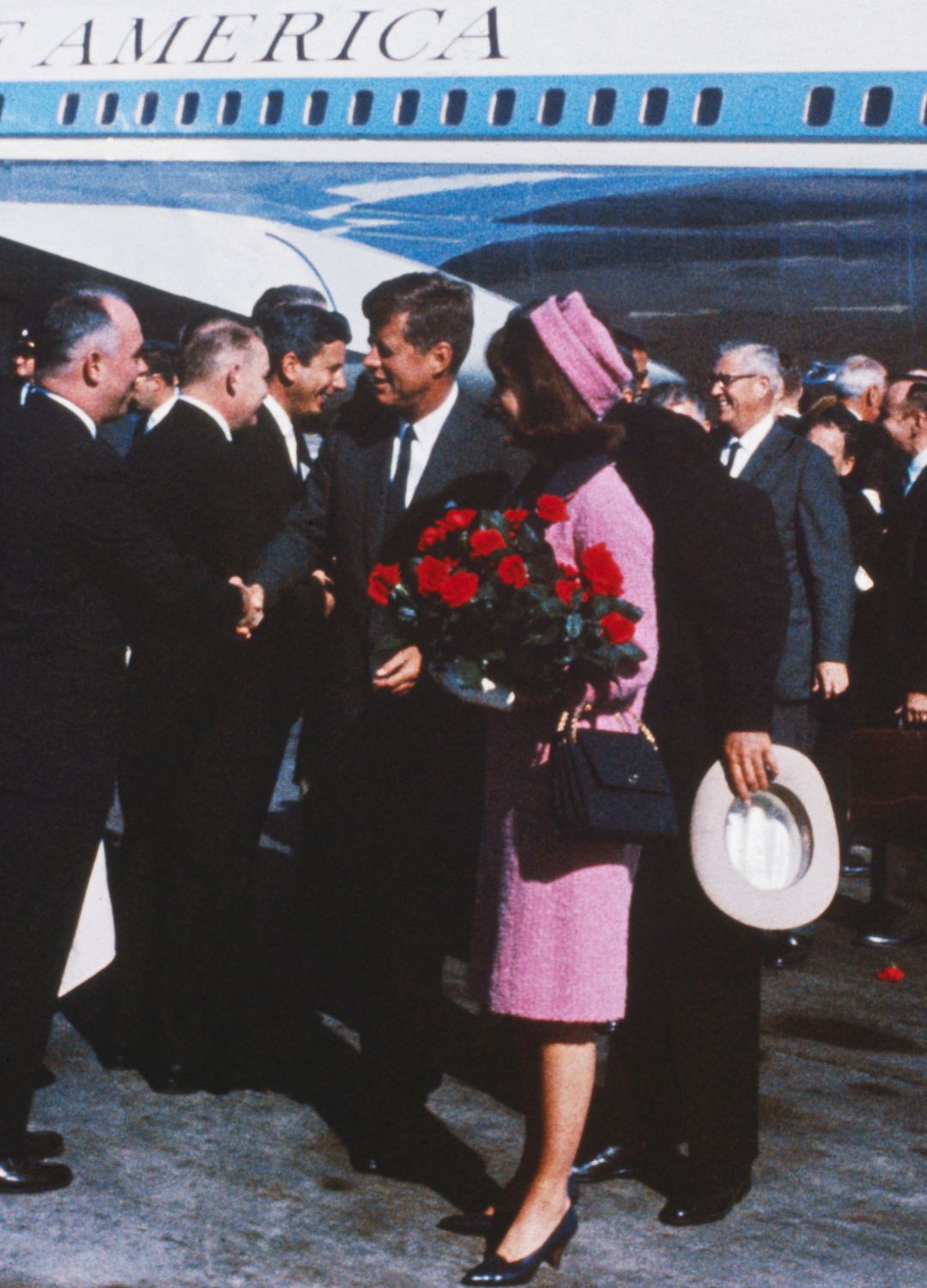
When one thinks of some of the most iconic and unforgettable images of the past century, First Lady Jackie Kennedy clambering to protect her husband, President John F. Kennedy after he was shot is certainly up there.
Not only was the assassination of the President in 1963 a moment of history, the First Lady's pink pillbox hat and matching Chanel suit became known the world over.
Chanel No.5 remains the best-selling perfume of all time
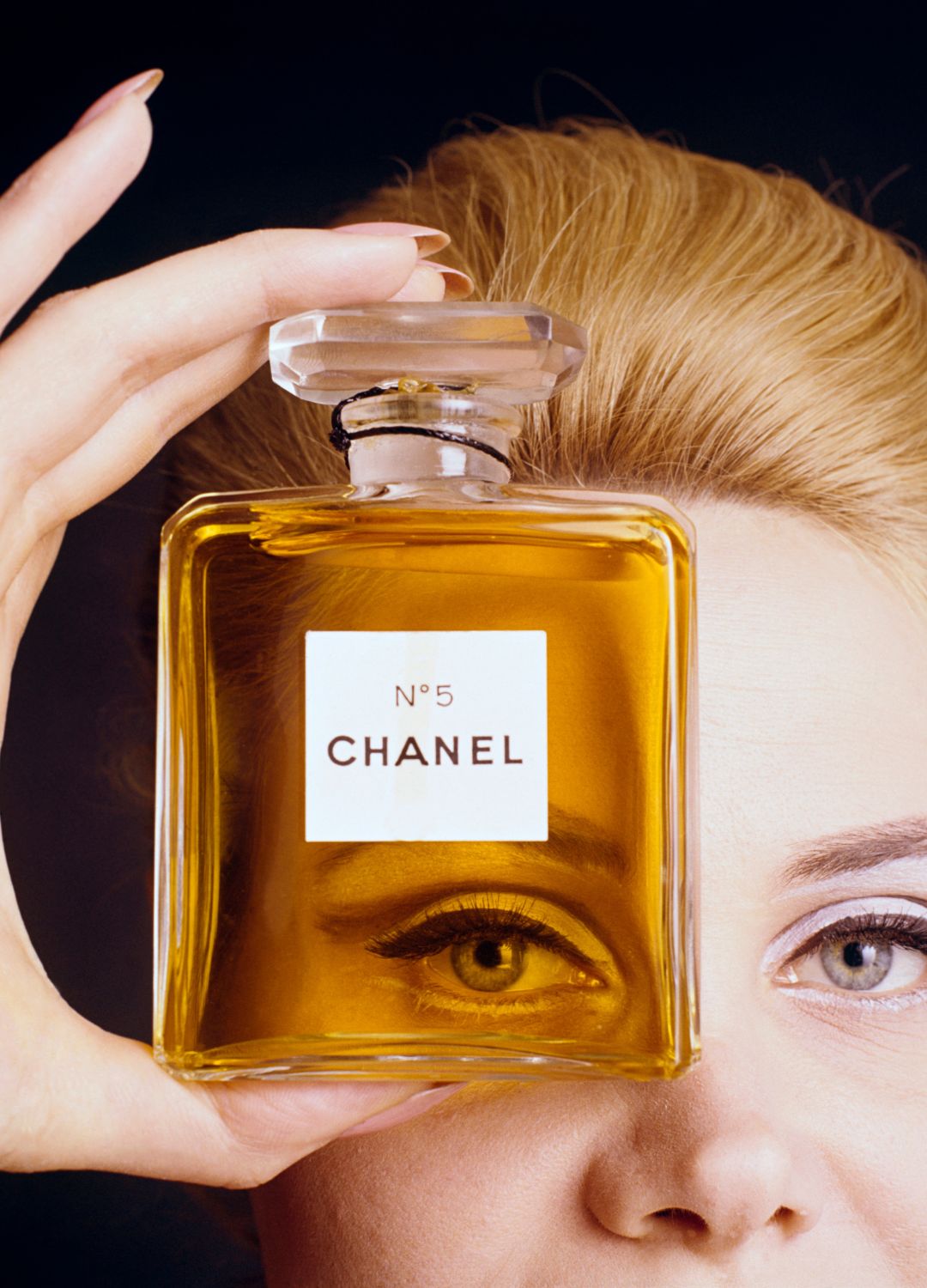
Chanel No. 5 was the first perfume launched by Chanel in 1921.
In 1920, when presented with 10 small glass vials containing sample scents crafted by perfumer Ernest Beaux, Chanel chose the fifth vial.
It got its name after Coco then reportedly told Beaux, "I present my dress collections on the fifth of May, the fifth month of the year and so we will let this sample number five keep the name it has already, it will bring good luck."
And it did. While exact sales figures are hard to account for, it's often cited as the best-selling perfume of all time.
One bottle of Chanel No.5 is sold every 30 seconds
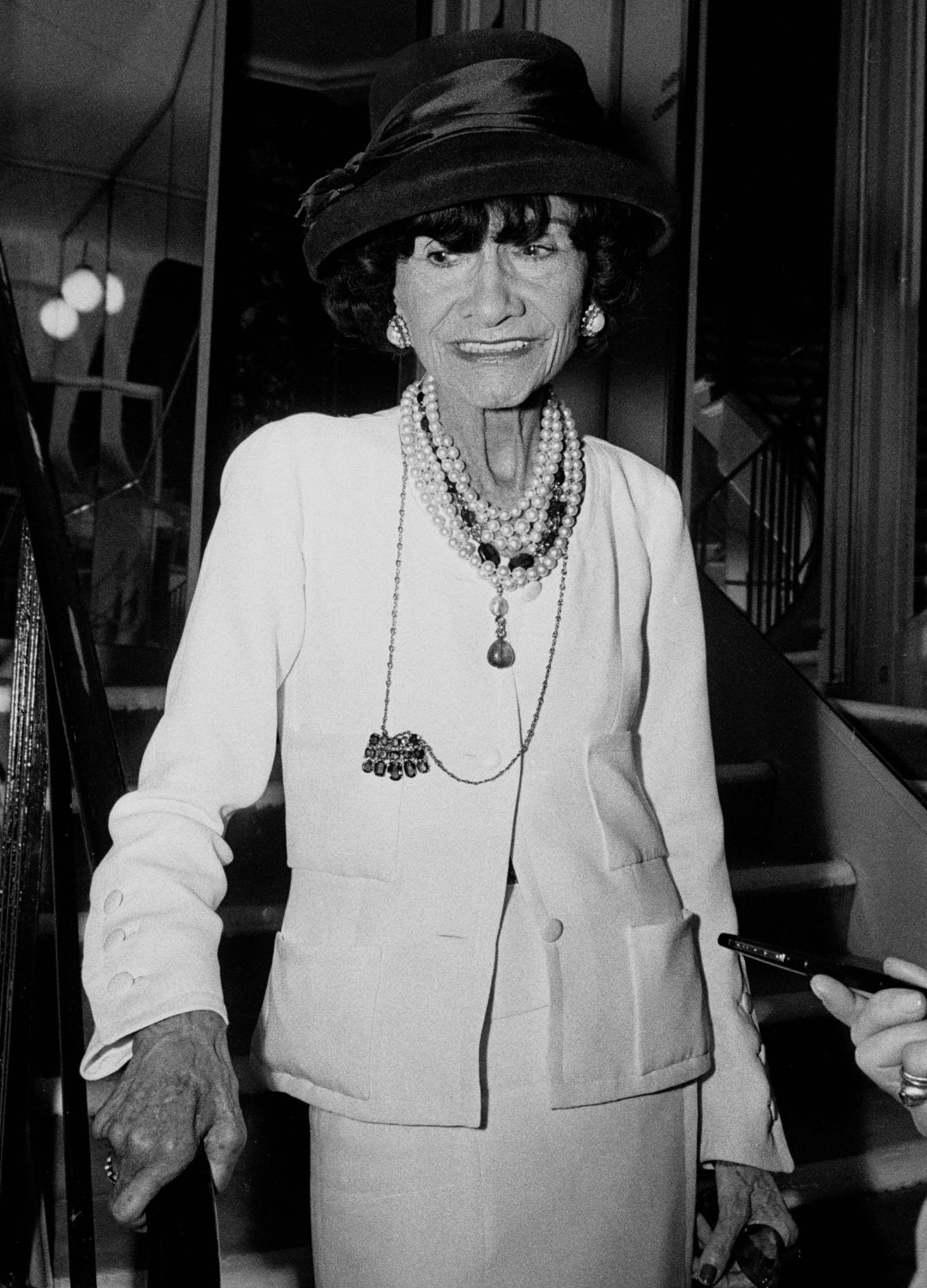
Chanel No.5 remains an all-time top-seller, and widely reported figures suggest that roughly 10 million bottles are sold worldwide every year.
It's widely cited that, globally, one bottle is sold every 30 seconds.
Every motif used by the brand is inspired by Coco
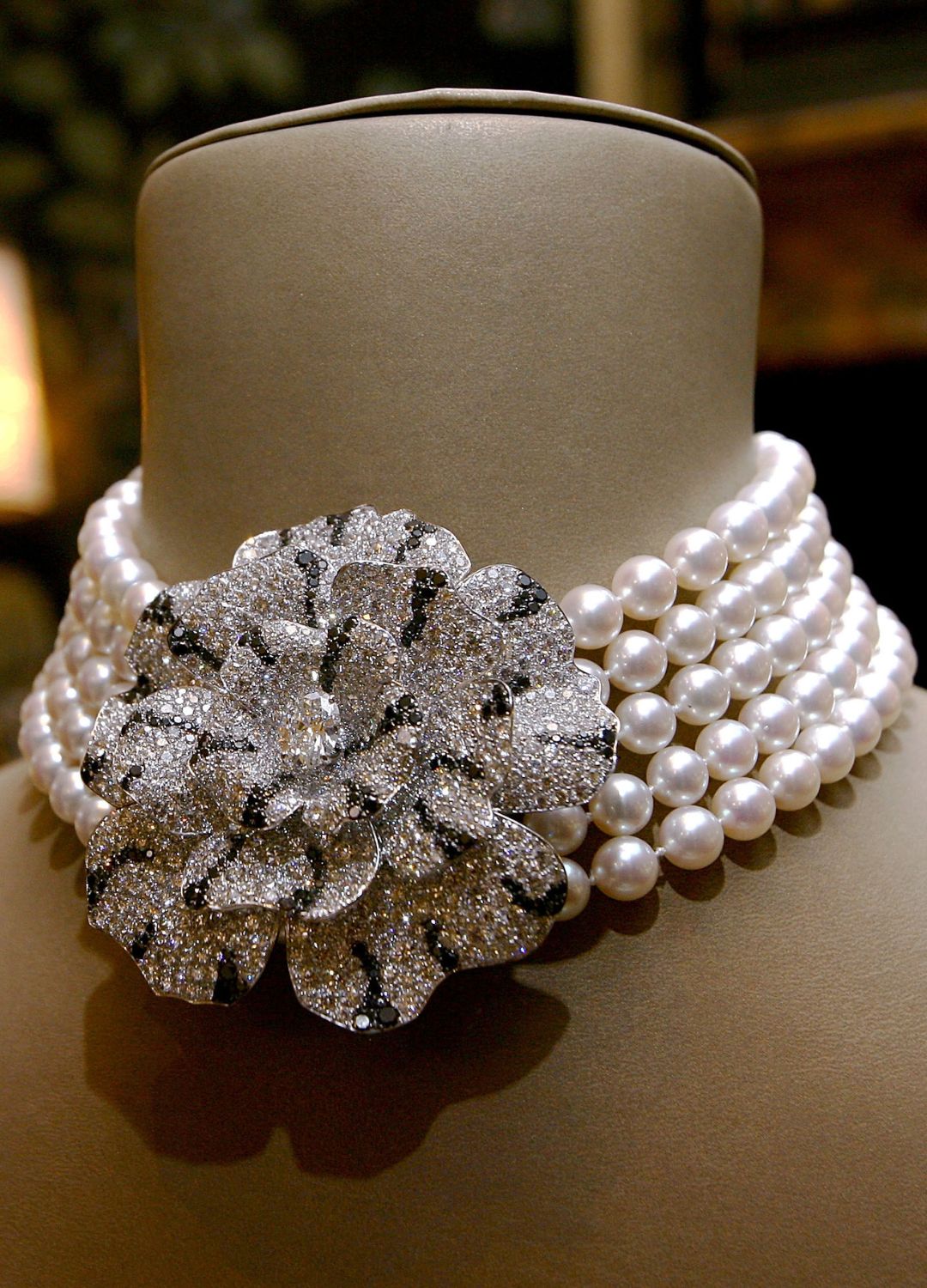
The motifs used throughout Chanel's designs all carry symbolic meanings. One of the most common patterns one will find is the Camelia - Coco's favourite flower.
She was also said to be superstitious and liked having plenty of lucky talismans around her, including four-leaf clovers and bundles of wheatsheaf - things that recur throughout her designs.
The other symbol that fans of Chanel might have spotted throughout the collections is a lion - a nod to her Zodiac sign, the Leo.
You can get your own mannequin at the couturier
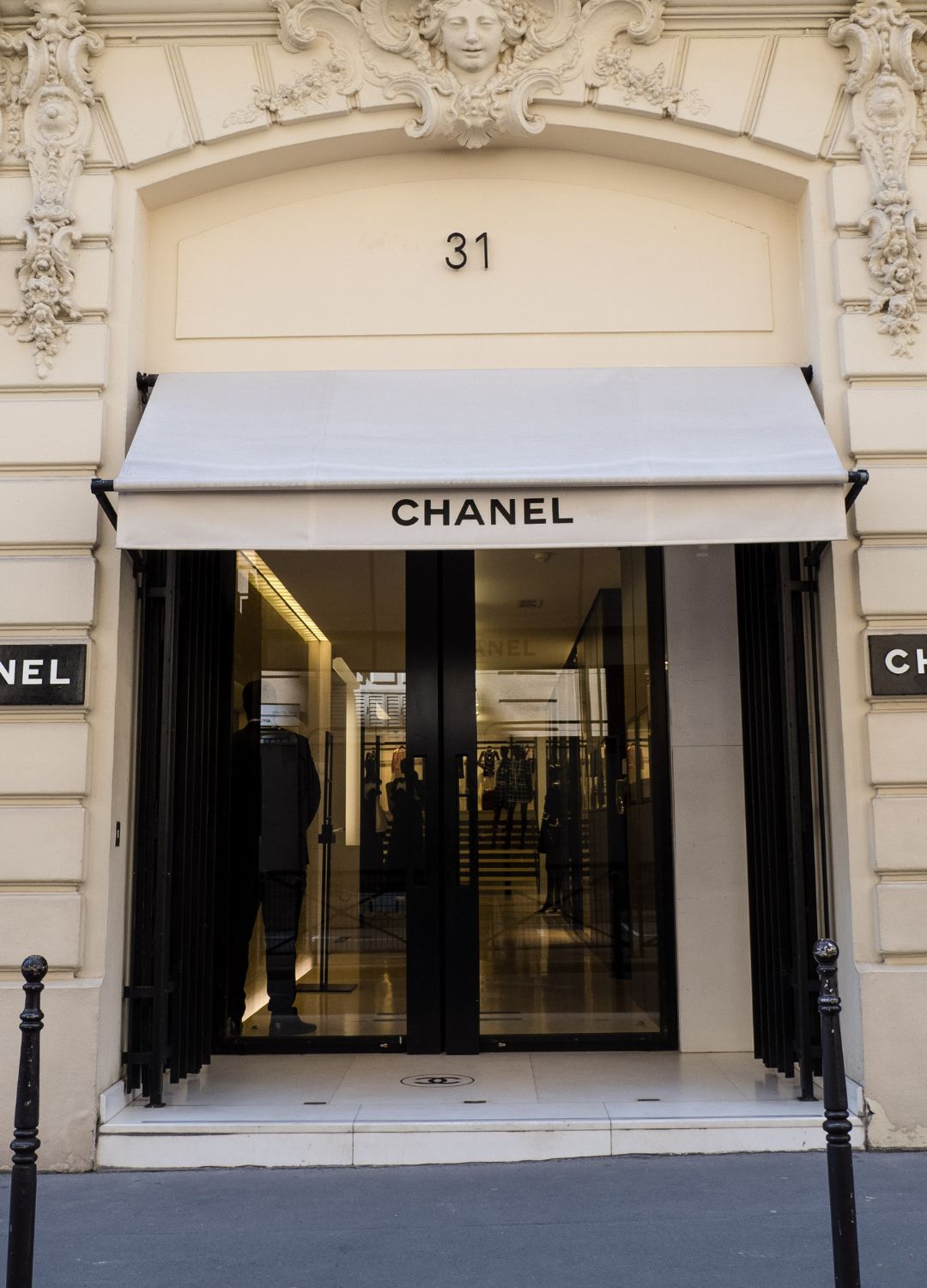
...but it'll cost you.
The day after a fashion show for the new lines, special clients are received by appointment only in the Couture Salons at 31 rue Cambon, the long-standing residence of the House of Chanel in Paris.
Fittings for gowns (which can be up to five for the wedding dresses) are orchestrated by the head seamstress. Clients who are regular enough are bestowed with their own wooden mannequins, bearing their exact measurements.
Coco never married
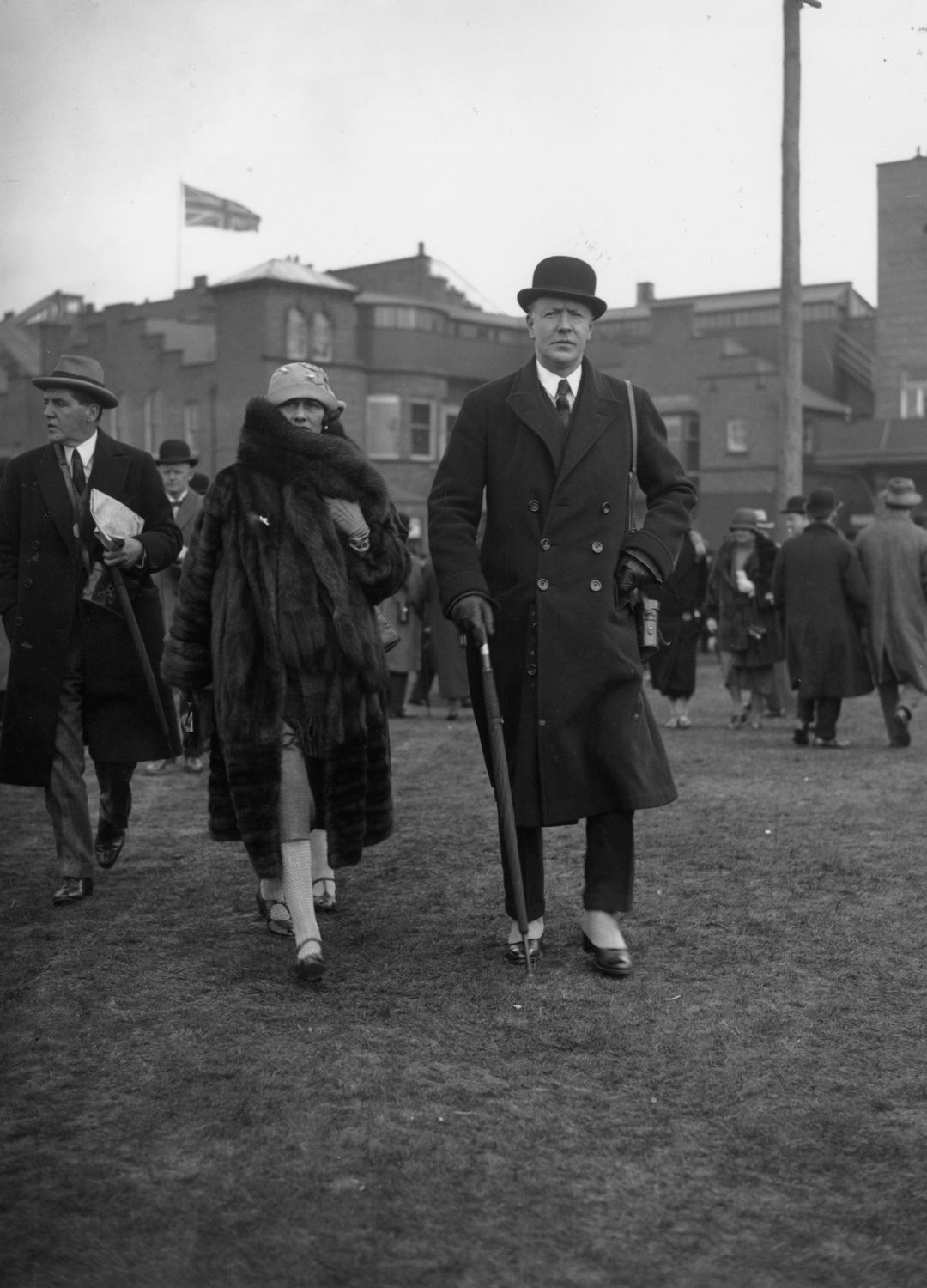
One of the very few women to establish her own brands at the time (her contemporaries were typically men, including Christian Dior. Cristobal Balenciaga and Mario Prada), it’s perhaps no surprise that Coco was also ground-breaking in her attitude towards marriage (especially for women in the early 20th century).
Widely reported, Coco rejected a marriage offer from Hugh Grosvenor, Duke of Westminster, saying, “There are lots of Duchesses, but only one Coco Chanel.”
Chanel No.5 was the first ever perfume with a Super Bowl ad
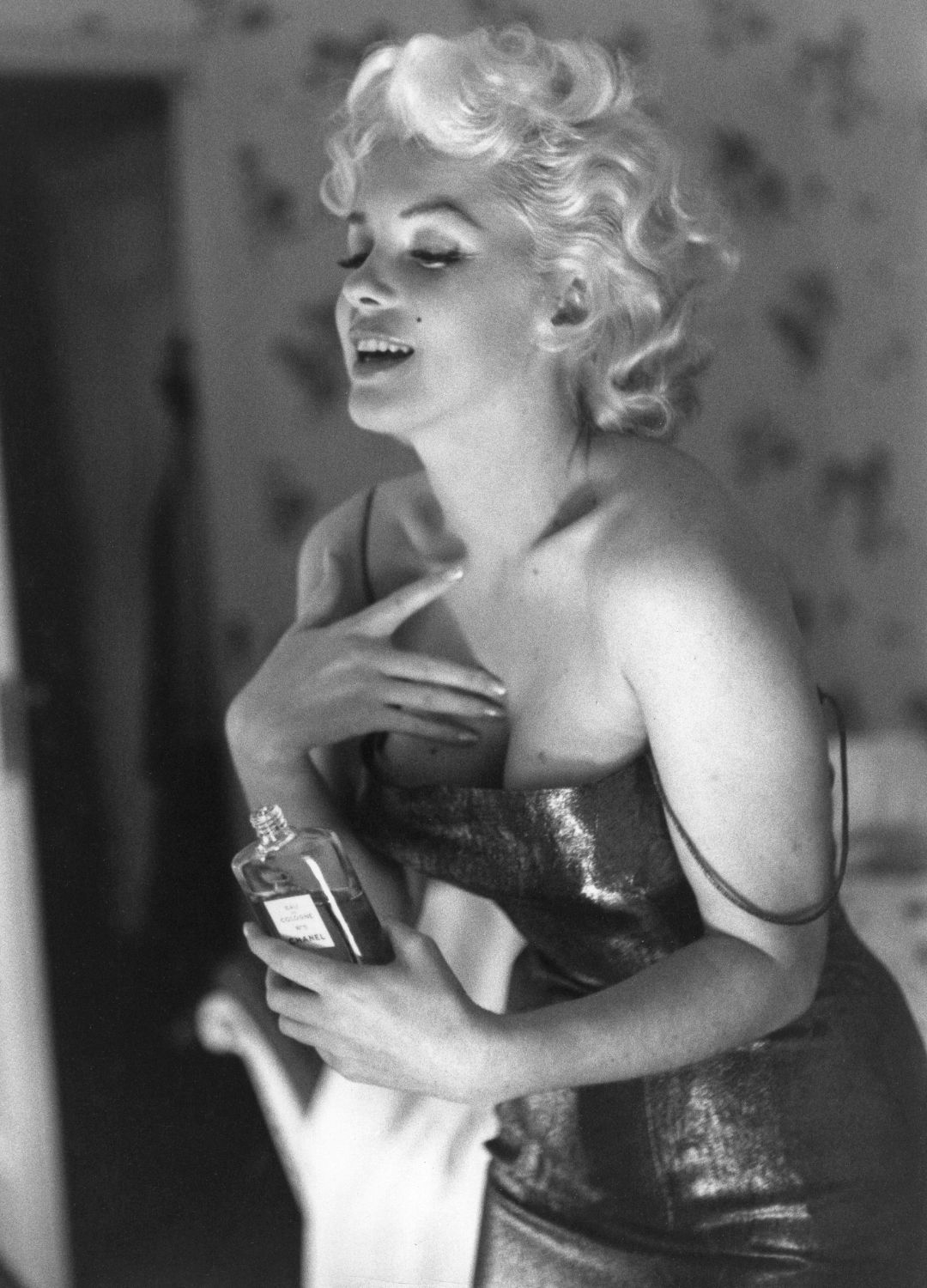
Since launching in 1921, Chanel No.5 has brought in billions to the House of Chanel.
In turn, they've invested in establishing its dominance as an icon of pop culture in its own right, involving showbiz legends to represent the perfume.
In an interview with Marie Claire, Marilyn Monroe once famously answered the question, "What do you wear to bed?" with "Why, Chanel No. 5, of course!"
She posthumously became the ambassador for the perfume in 2013.
As well as a rare Super Bowl placement, Chanel No.5 has also had prolific directors like Ridley Scott (Gladiator, Alien) direct an advertisement for it.
The iconic two-tone shoe was made for practical reasons
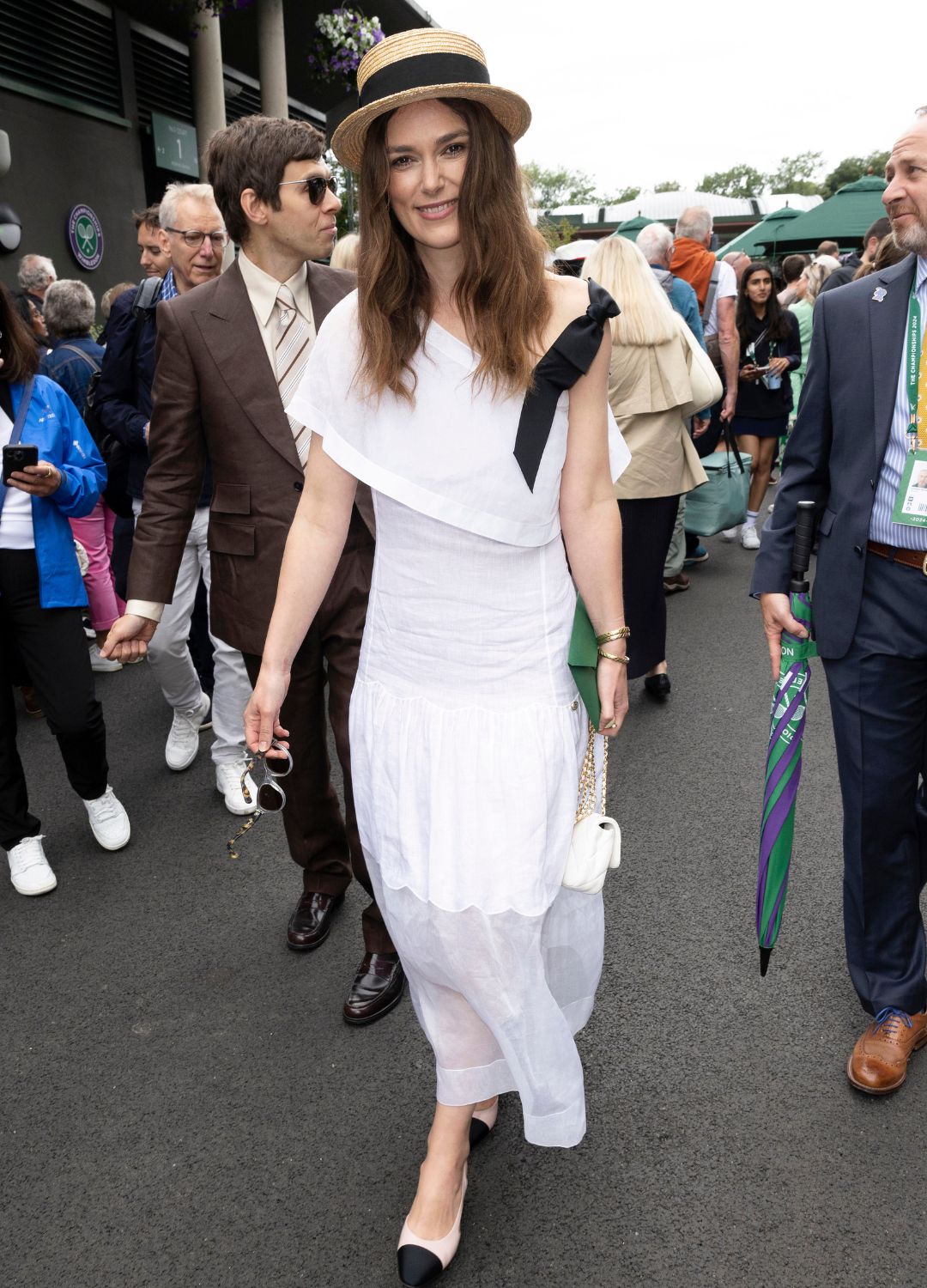
Out of the many defining styles from Chanel over the years, certain pieces continue to prove popular throughout every new generation. One such style - which has often been duplicated but never bettered - is the two-tone shoe.
Coco Chanel collaborated with cobbler Monsieur Massaro to launch the now iconic footwear, which was designed with two goals - to make women’s feet appear daintier and to make their legs appear longer.
Despite loving glamour, Coco preferred fake jewels
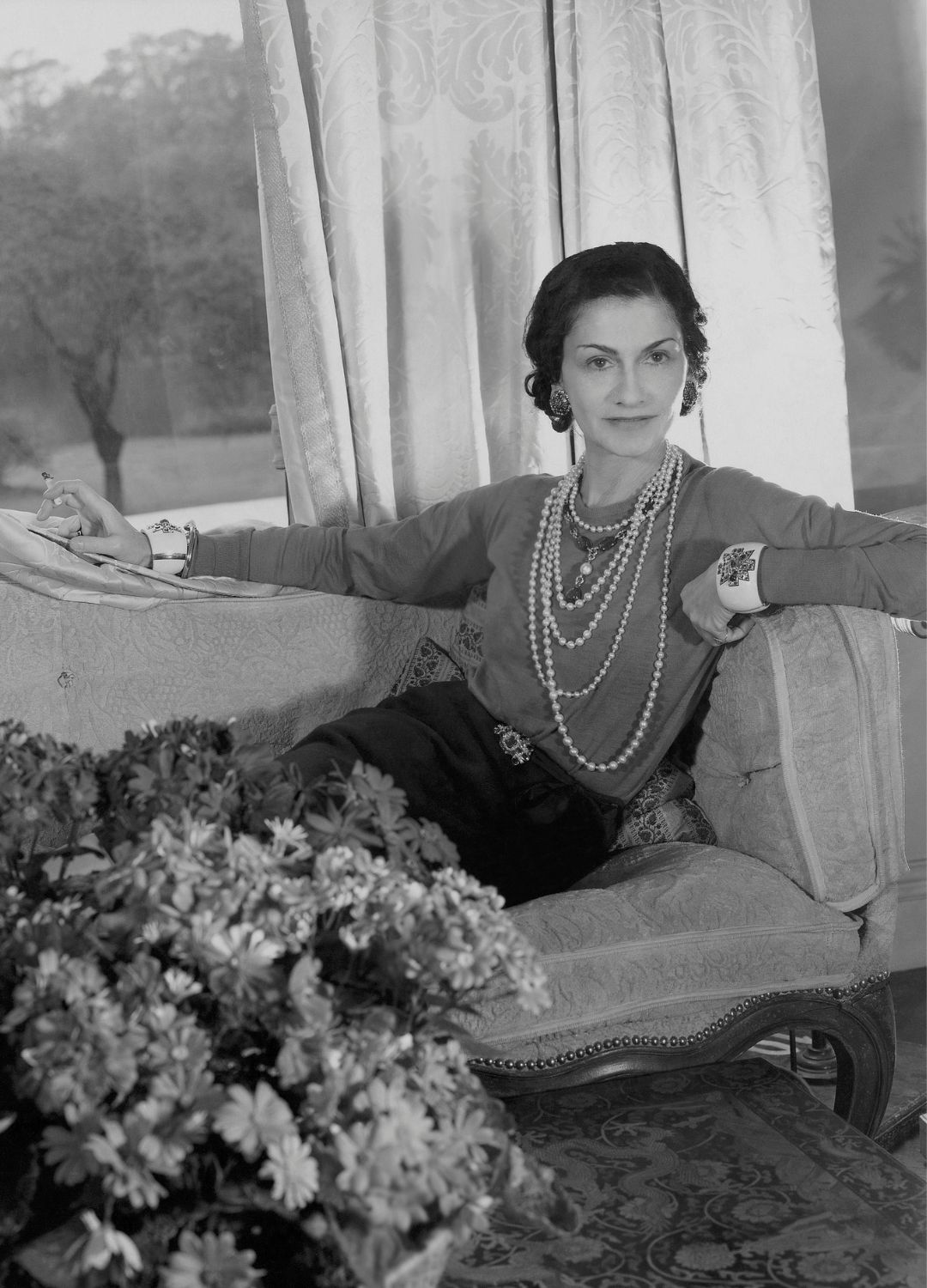
Coco once famously said, “A woman needs ropes and ropes of pearls," but she surprised the upper echelons by favouring costume jewellery over the real thing.
When Coco Chanel introduced jewellery made from crystals and non-precious stones to her collections, it was considered shocking. Until that point, faux gemstones were widely considered a last resort for those who couldn't afford the real thing.
But delighting in having fun with fashion, Coco loved the effect she could create by layering plenty of more affordable gems and jewels together.
To this day, some of the vintage pieces made by the House of Gripoix are considered rare collectables by fashionistas and can fetch higher price tags than some real jewels.
Coco Chanel's involvement in WWII remains controversial
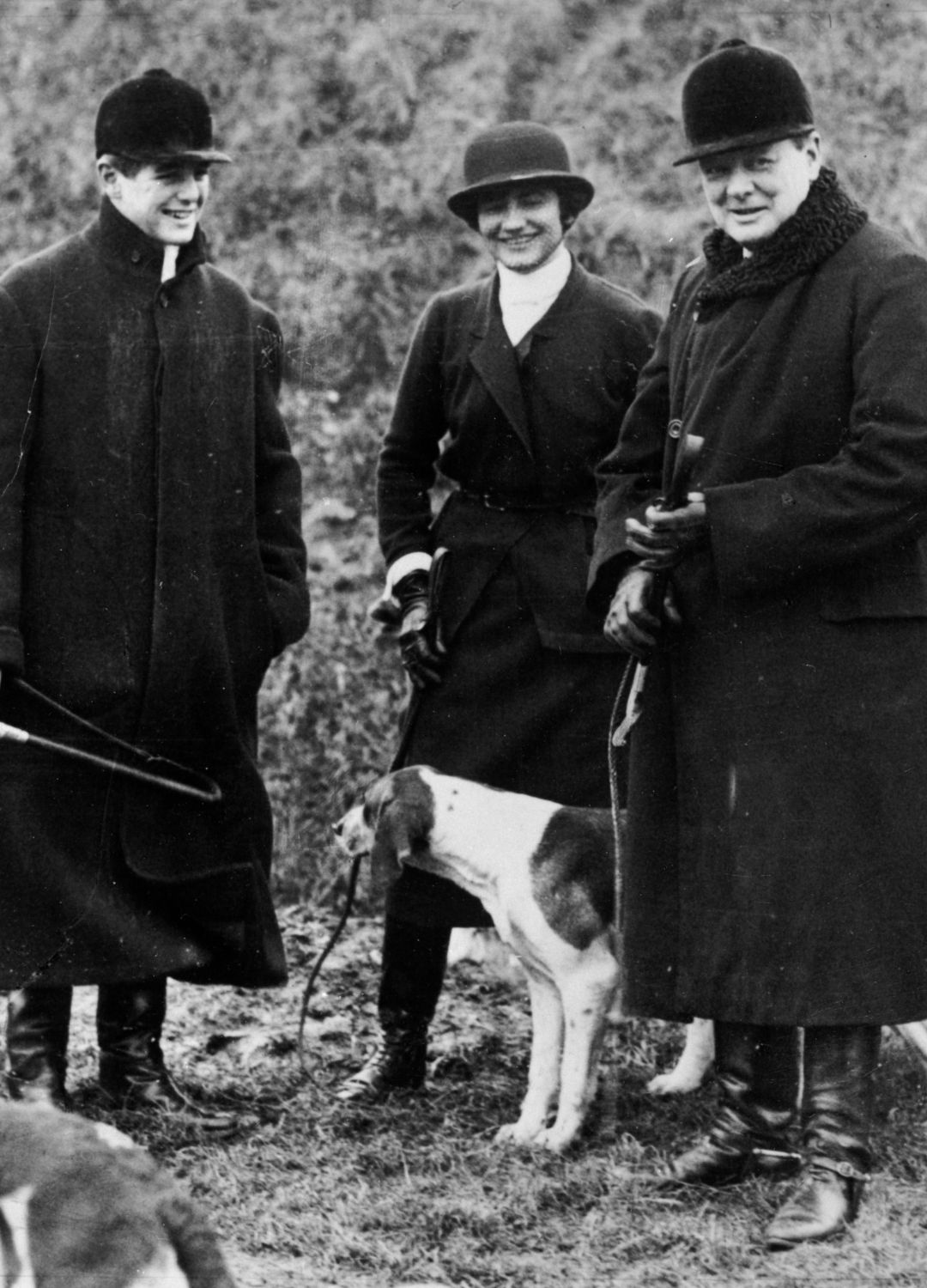
One of the more unsavoury legends surrounding Gabrielle Chanel is just where her loyalties lied during World War Two.
What is known is that she had a relationship with a Nazi based in Paris, Hans Gunther von Dincklage. Declassified archival documents unearthed years later revealed that the French Préfecture de Police had a document on Chanel in which she was described as 'Couturier and perfumer. Pseudonym: Westminster. Agent reference: F 7124. Signalled as suspect in the file.'
Her code name was linked with a mission from the Nazis to send a peace treaty to Churchill. However, those in defence of Coco's involvement suggest she might have merely been either pragmatic and doing what she had to with little control, or, as Anti-Nazi activist Serge Klarsfeld has stated, "Just because Chanel had a spy number doesn't necessarily mean she was personally involved. Some informers had numbers without being aware of it."
At the time of the French liberation in 1944, Chanel left a note in her store window offering Chanel No. 5 to be free to all soldiers and she was not charged with any crimes, thanks in part to Winston Churchill personally vouching for her.
However, rumours were so strong around Paris that she fled to Switzerland for years after the war.
Chanel No.5's TV advert remains the most expensive ever made
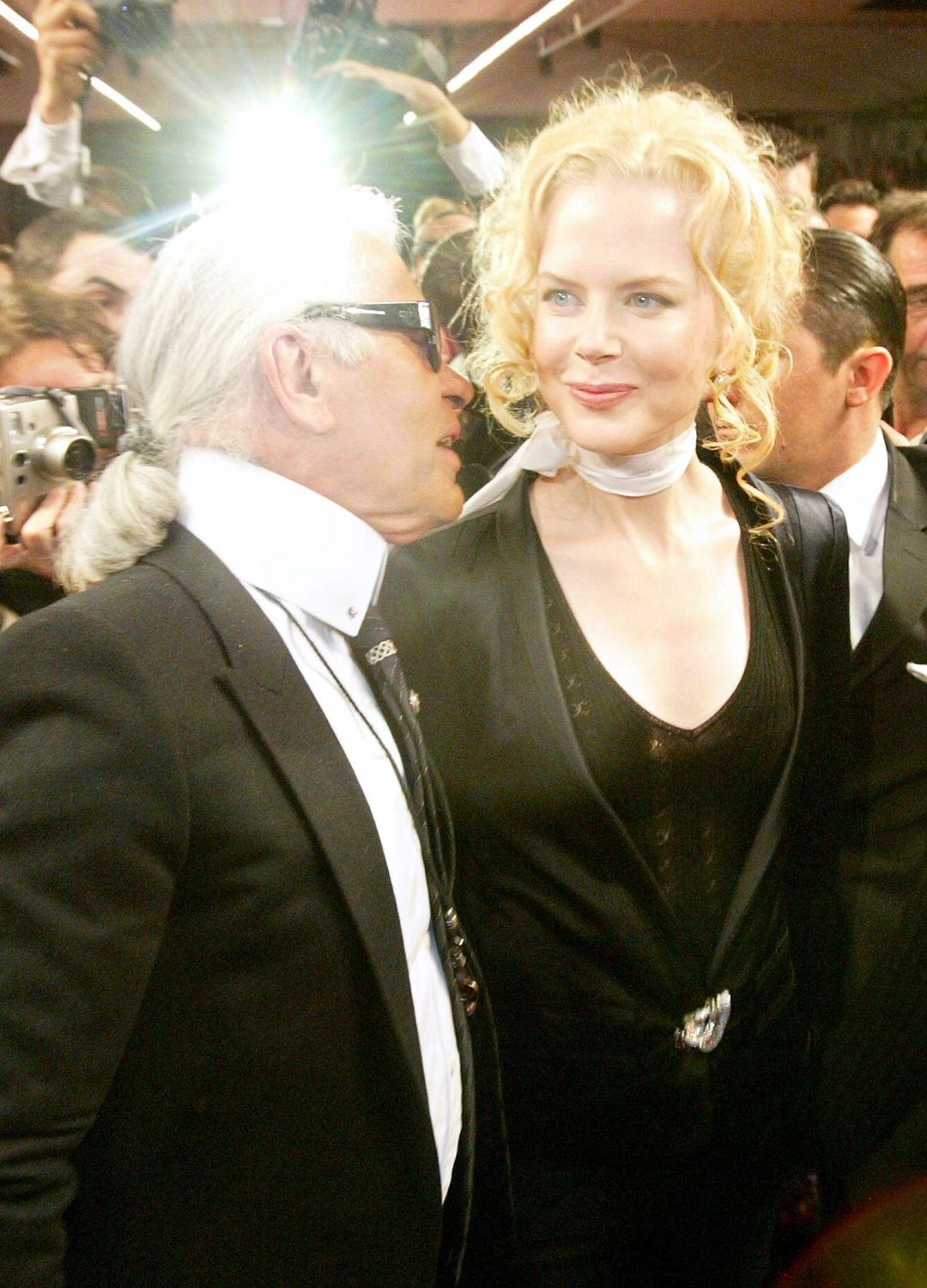
In 2004, Academy Award winner icon Nicole Kidman reunited with Moulin Rouge! director Baz Luhrmann to star in what is still the most expensive TV advert ever made - and it was for Chanel No.5.
With costumes designed by Karl Lagerfeld, the advert sees Nicole Kidman play an actress who falls in love and runs away with a mysterious handsome man. It's luscious and romantic, and it cost a staggering $33M.
Sources put that, when adjusted to inflation, as around $52M now.
Coco Chanel wasn't afraid of ruffling feathers
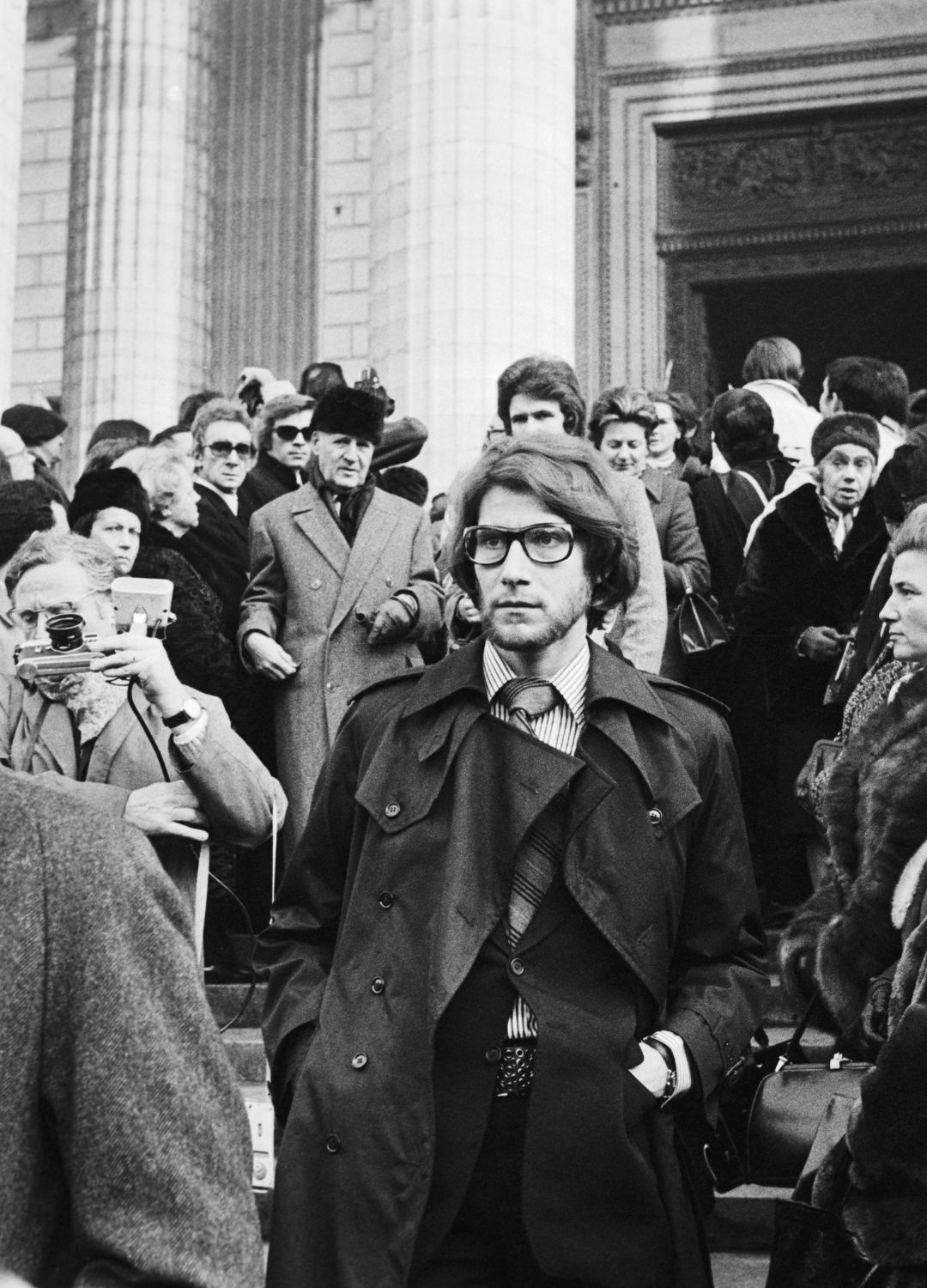
Almost as sharp and memorable as her outfits, Coco Chanel was known to be outspoken and land plenty of acerbic comments - and no one was safe.
This included fellow designers, like Yves Saint Laurent, about whom she reportedly said, "Saint Laurent has excellent taste. The more he copies me the better taste he displays". Royals were also on the firing line, "These princesses and duchesses…they never pay their bills. Why should I give them something for nothing? No one ever gave me anything."
Fortunately, her friends didn't hold it against her - Yves Saint Laurent attended her funeral.
The designer remains a pop culture muse
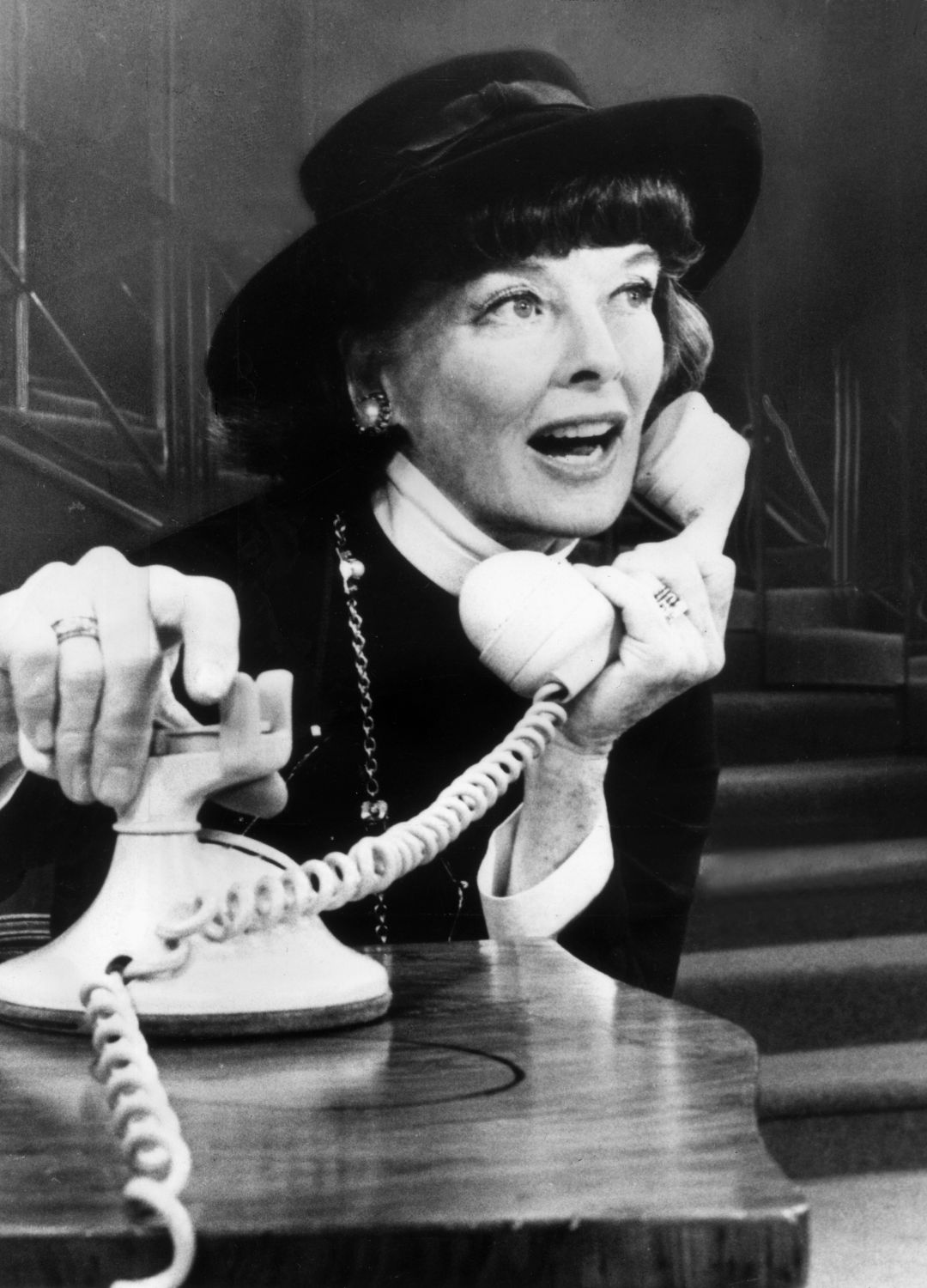
In a reversal of roles, the creator is now the muse for artists.
Coco Chanel continues to fascinate creators, from Broadway producers to filmmakers. She has been portrayed in her own musical (where she was played by Katharine Hepburn), and portrayed in film and television by the likes of Shirley MacLaine, Juliette Binoche and Audrey Tautou.
Chanel was the first brand with a waiting list for a nail varnish
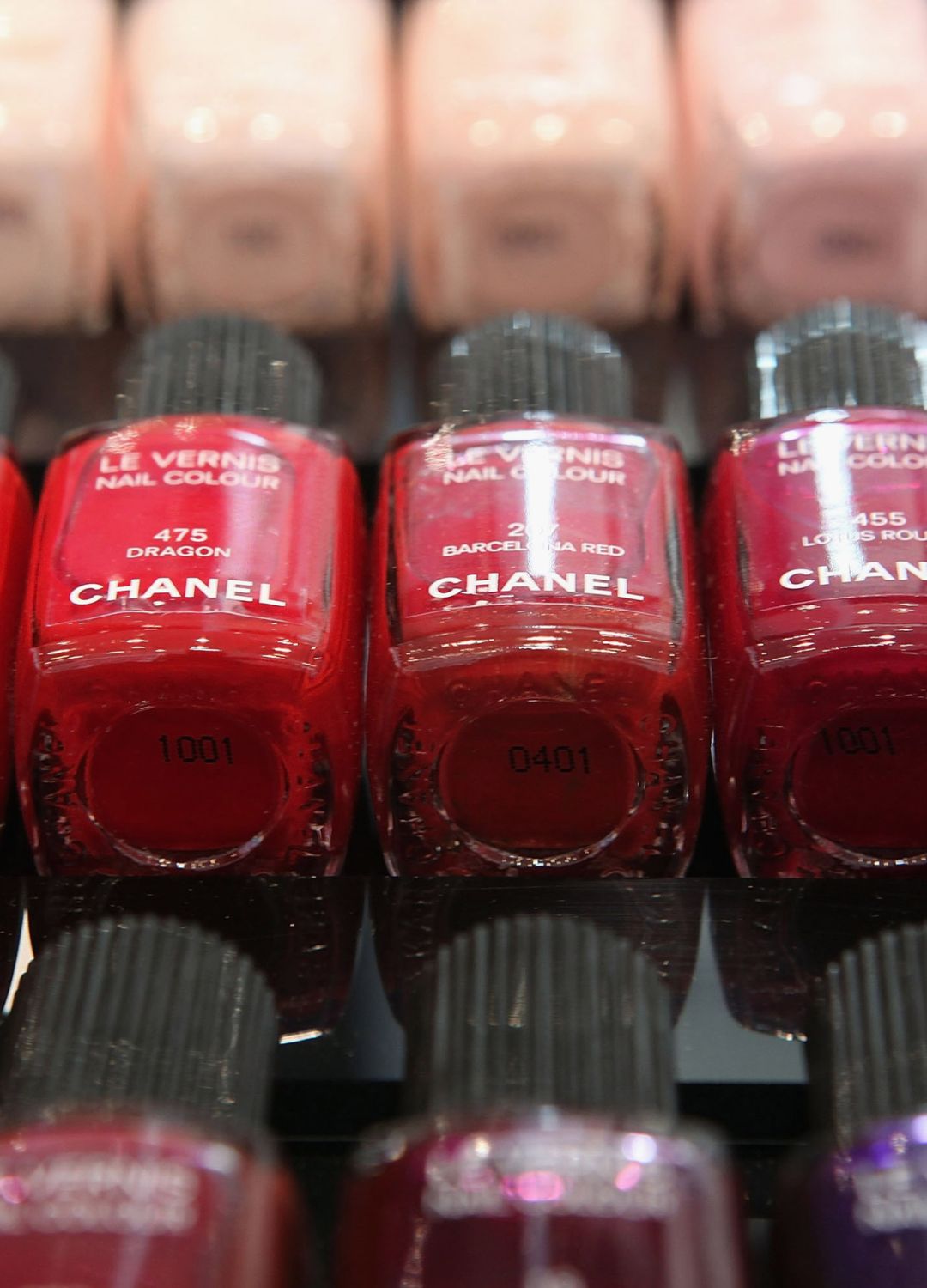
In 1994, a makeup artist at the Chanel show in Paris was running out of time before a photo shoot when she realised none of the models were wearing nail polish.
She quickly painted them with a marker, then later asked that the shade be replicated with actual varnish. As always, necessity was the mother of invention, and Chanel's Rouge Noir was born.
It sold out almost immediately and fans had to join a waiting list.
Their most iconic bag is named after the date it was launched
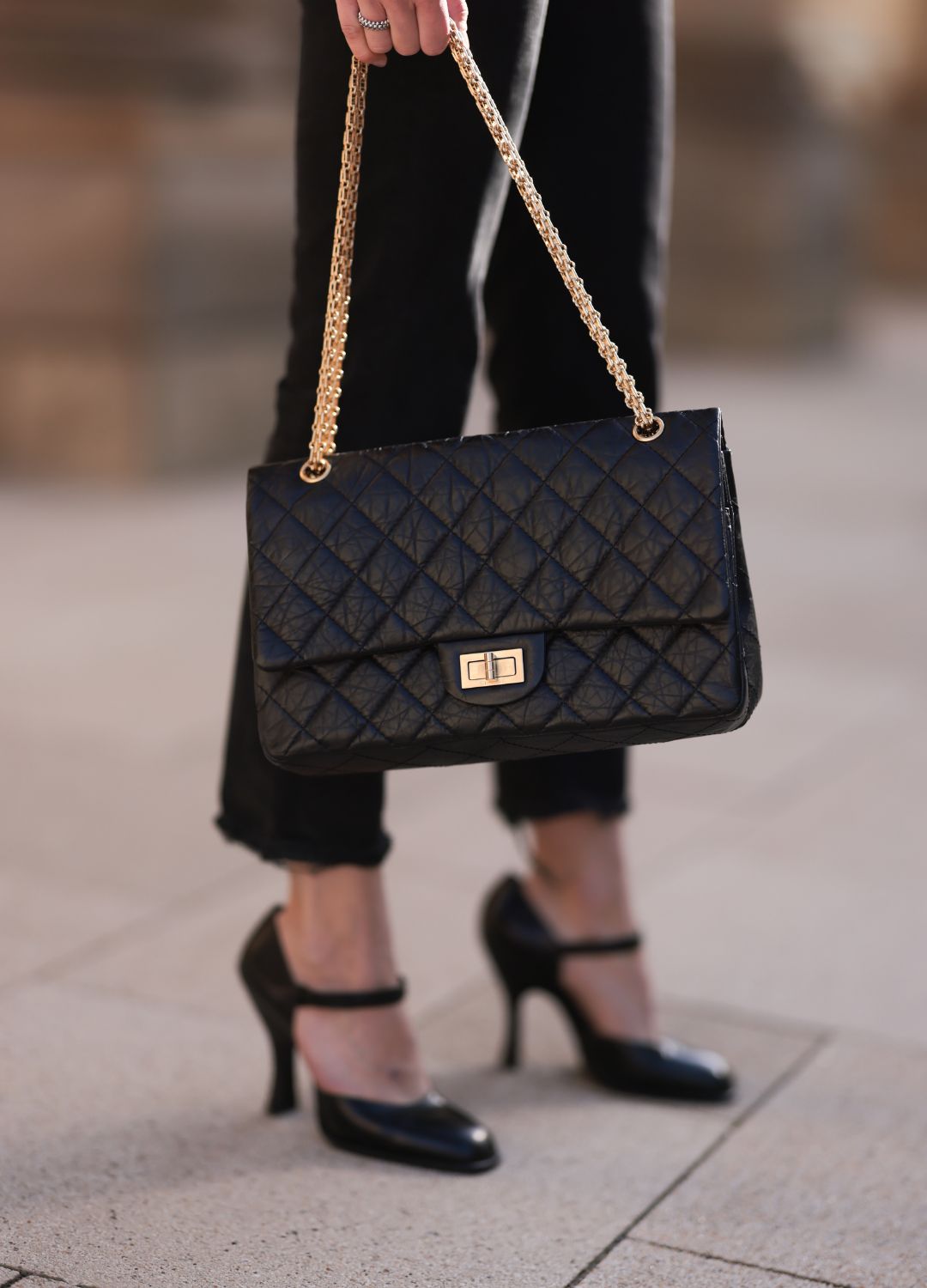
Chanel has made so many items over the years that have become must-haves for tastemakers. But it's hard to compete with the timeless 2.55 bag.
The bag continues to be a favourite with everyone from Victoria Beckham to Jennifer Lopez, and the price goes up each year, making them more of a luxury and a rarity.
While the name of the bag might seem odd, it's because it was officially launched in February 1955.
The 2.55 bag is made under rigorous conditions
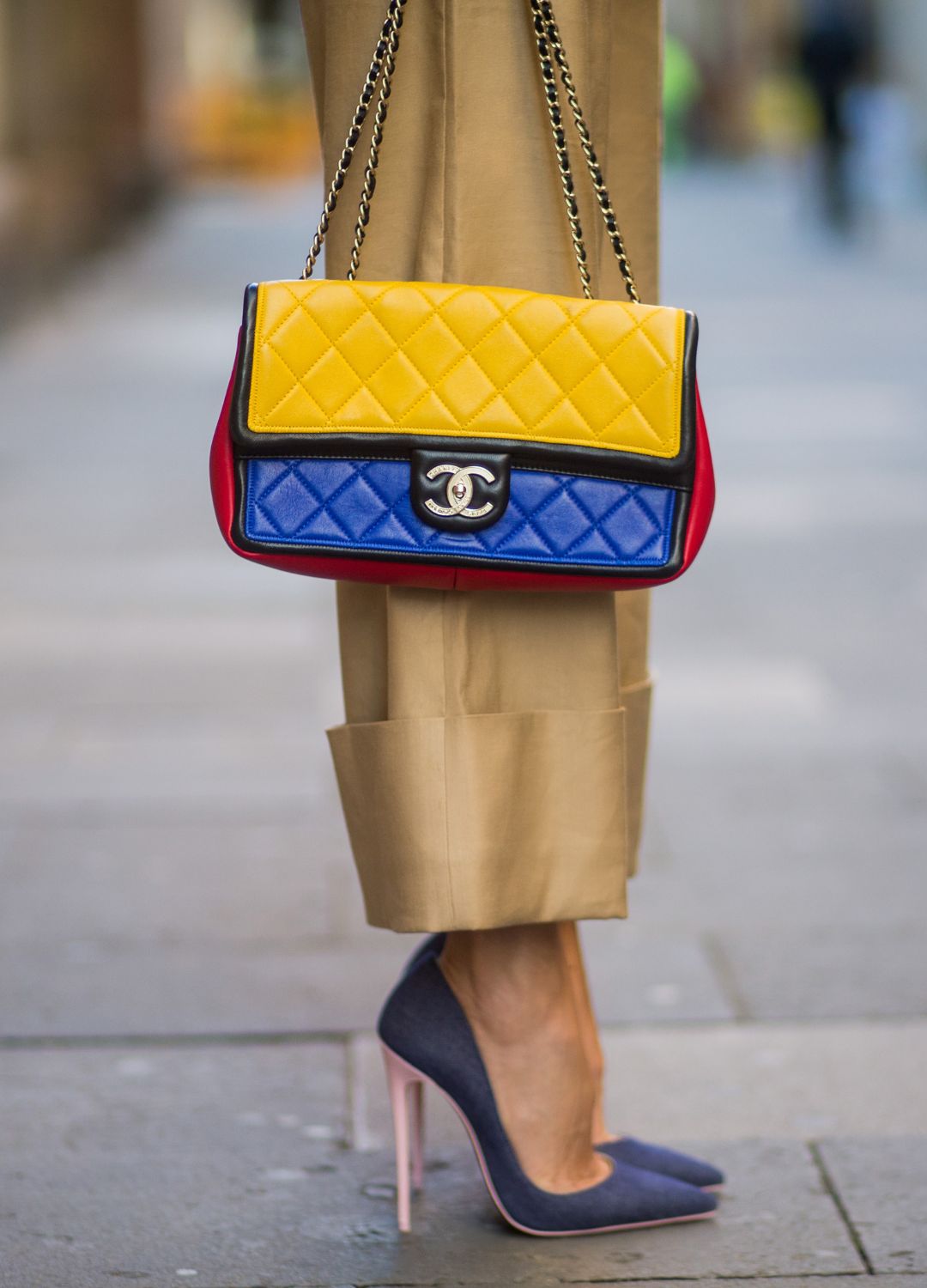
The Chanel 2.55 bag has become an ultimate luxury - and Coco Chanel made sure that every single one was made to the highest of standards.
Coco Chanel would insist staff at her atelier have perfectly manicured nails and hands that are free of cream or gloves, saying they needed to feel the bag in order to create it.
Today, the bags are still made to such precise standards, with a reported six to 15 people working on one individual 2.55 bag.
The bags also use only the softest skin from the belly of the lamb.
The 2.55 liberated women in a huge way
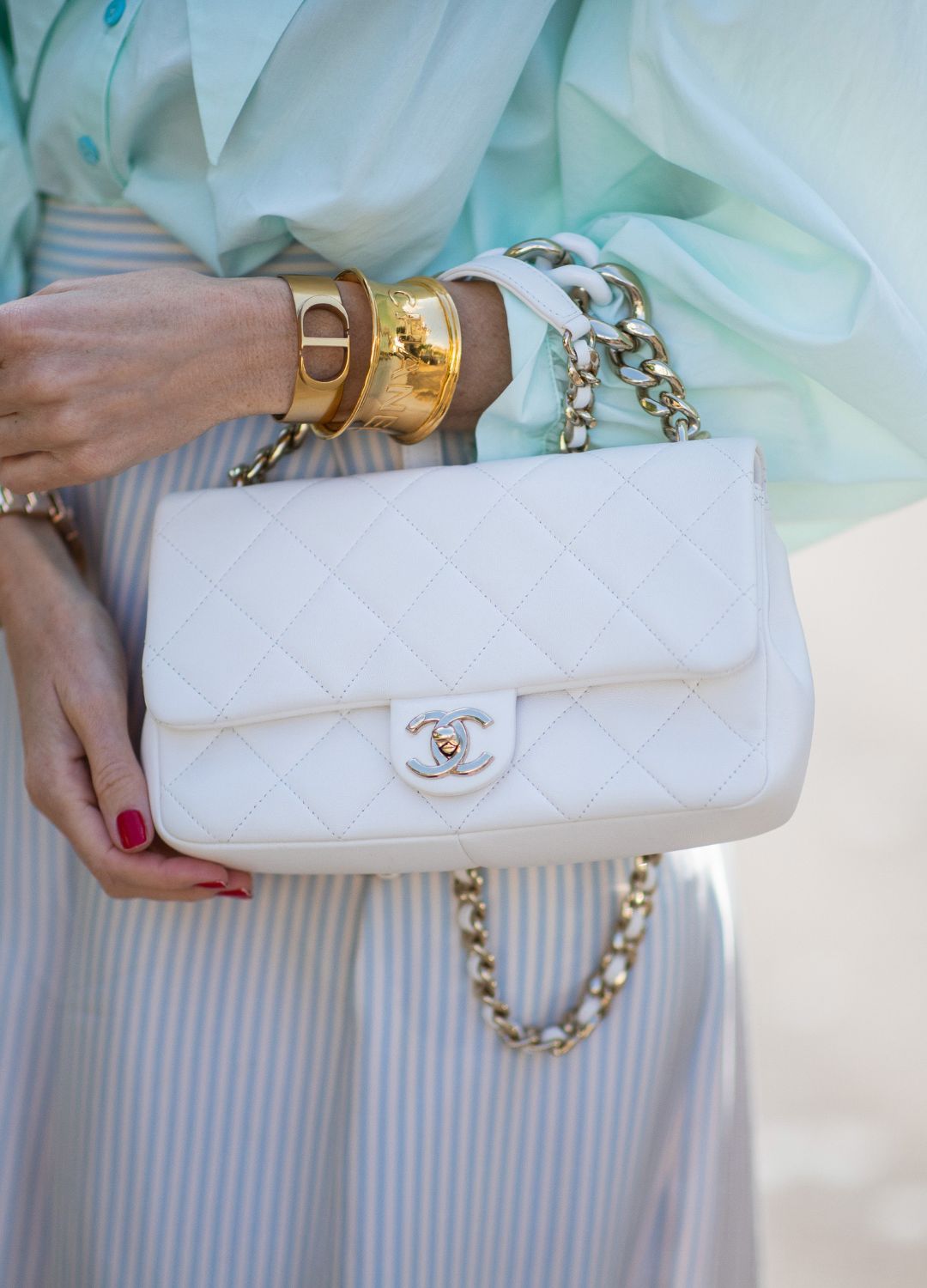
Spotting another way in which women of her generation were hampered by impracticalities, Coco Chanel wanted to revolutionise bags. Right up until the 50s, women’s bags were held by a handle on top, or required being subtly attached to the wrist.
Wanting women to have their hands freed up, the Chanel 2.55 handbag, unveiled in 1955, was the first upmarket bag designed with a shoulder strap.
Chanel’s own life inspires most items to this day
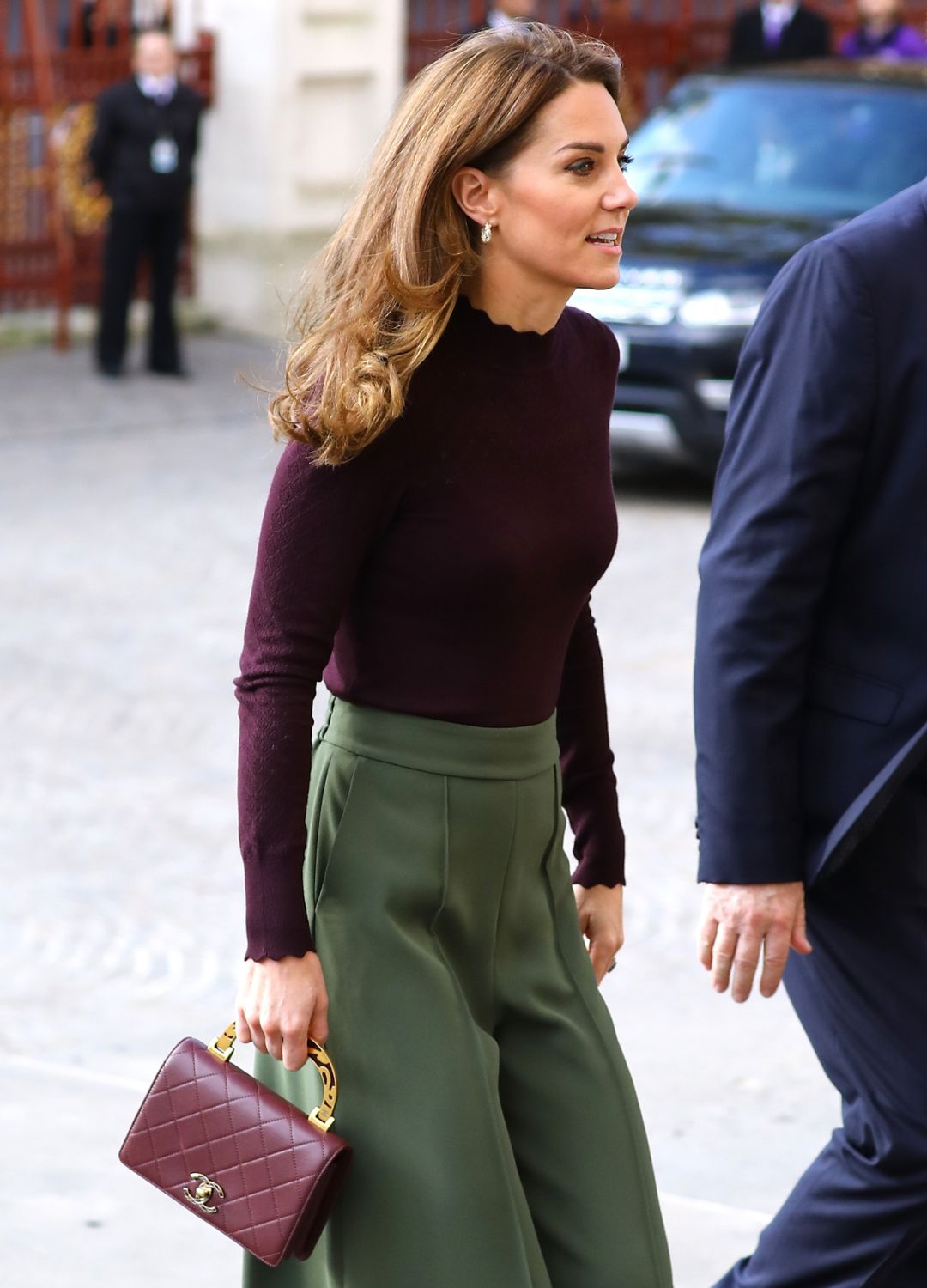
Nothing on a Chanel design was there 'just because' - everything had a connection to the designer. For example, the jackets worn by the horse breeders at her boyfriend’s stables led to the bag’s signature quilting of many of the brand’s best bags, including one beloved by the Princess of Wales.
Ropes anchoring a yacht inspired the chains threaded with leather. The chatelaine chains worn by nuns at the convent she was brought up in to hold their keys inspired the chain shoulder strap.
And, in a nod to her romantic, French ways, the seven pockets of the 2.55 include an inner one that reportedly Coco intended people to use for love letters.
Coco Chanel’s final words were on brand
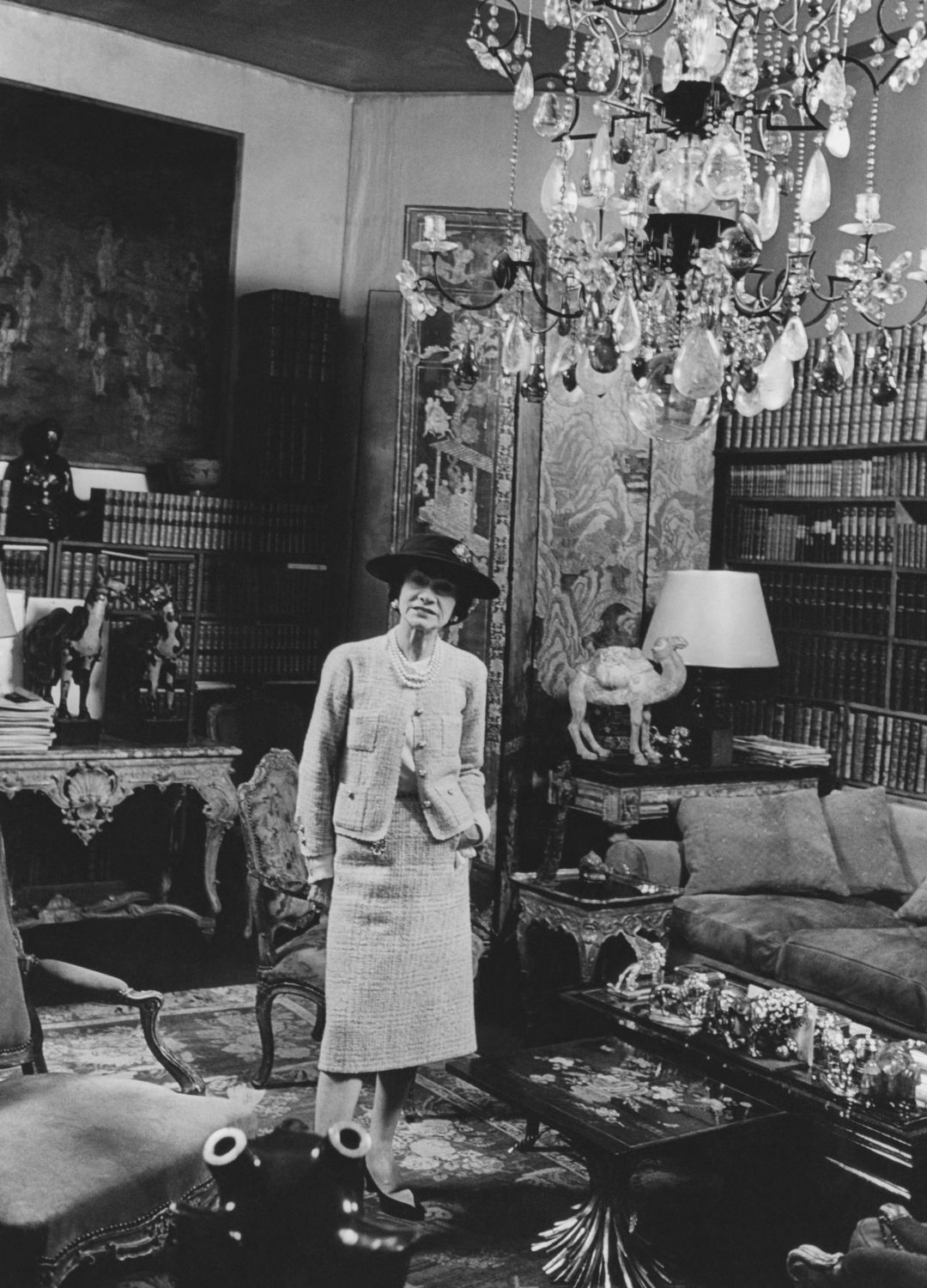
When you've defined style for most of your life, of course your final words need to have a certain panache - and Coco did just that.
She announced her final words to her maid, saying, "You see, this is how you die."
She died on Sunday, 10 January 1971, at the Hotel Ritz in Paris, where she had resided for more than 30 years.
Karl Lagerfeld helped revive the failing house
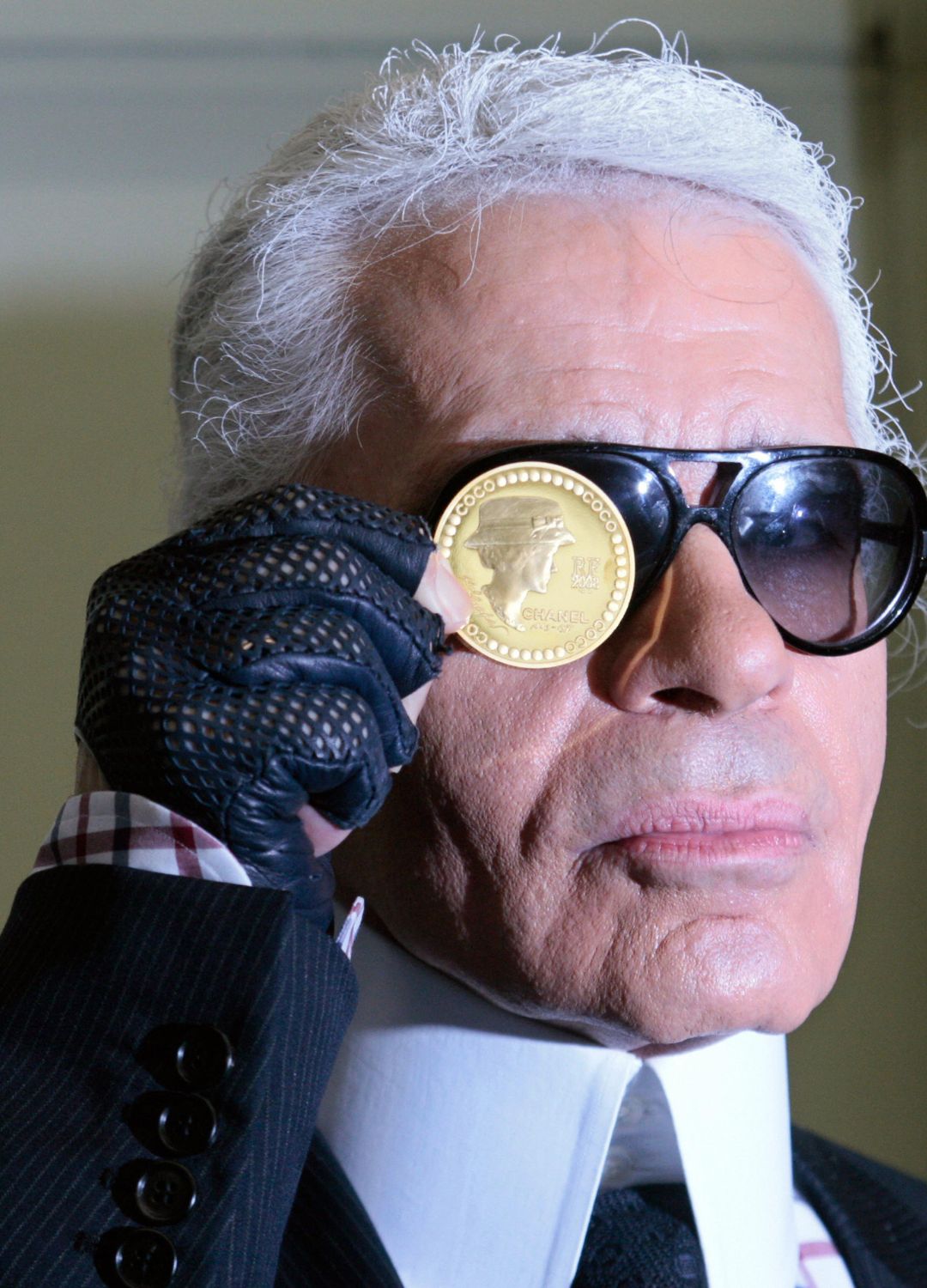
Nearly a decade after Coco Chanel's death in 1971, the House of Chanel had fallen out of favour with the trendsetters and tastemakers. Thought of as stuffy and uninspired, the hiring of German-born Karl Lagerfeld - who had overseen Chloe's designs for years - helped revitalise the entire brand.
Karl joined in 1983 and oversaw the creative vision until his death in 2019.
As part of his accomplishments, he brought a revival to the Cruise collections and created Chanel's ready-to-wear collection as many have come to know it.
He also introduced the collectable Métiers d’Art handbags, the Chanel Boy Bag, the Chanel Deauville tote and the Chanel crossbody Gabrielle bag. But perhaps more than anything, Karl is credited for creating the iconic interlocking double C logo that has become a symbol of quality across the globe.
Lagerfeld’s Chanel shows are regarded as some of the best in fashion history
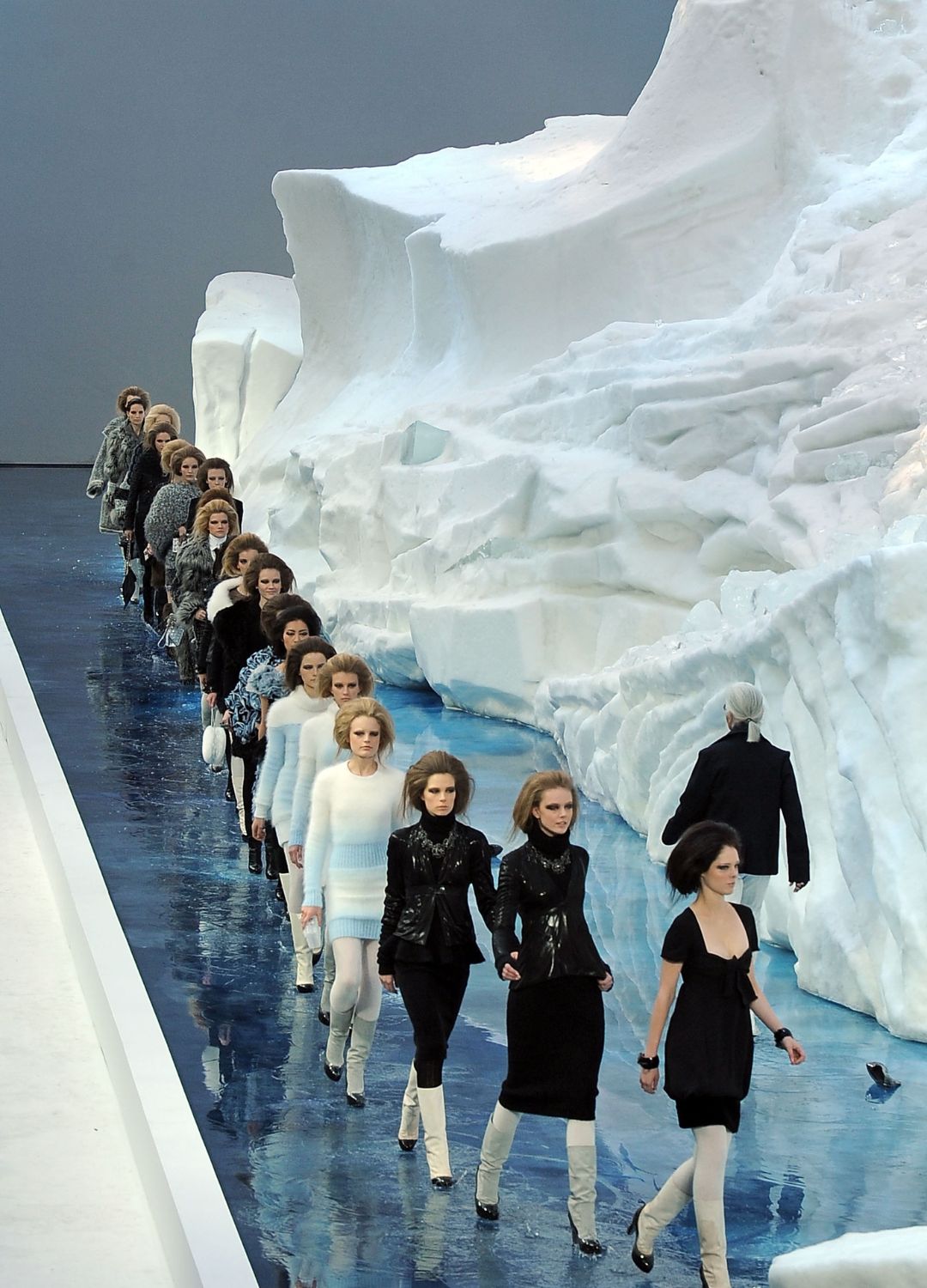
Karl Lagerfeld revamped Chanel - and he is credited for things like creating the interlocking two C's logo. But fashion fans still regard his lavish, epic and unprecedented fashion shows as his greatest achievement with Chanel.
Some highlights of his shows included a recreation of the Eiffel Tower and having the show take place in a constructed Chanel-branded supermarket.
For the Autumn/Winter 2010/11 show, Lagerfeld even transported 240 tons of ice from Scandinavia into the Grand Palais.
The most expensive Chanel bag ever sold fetched over a quarter of million dollars
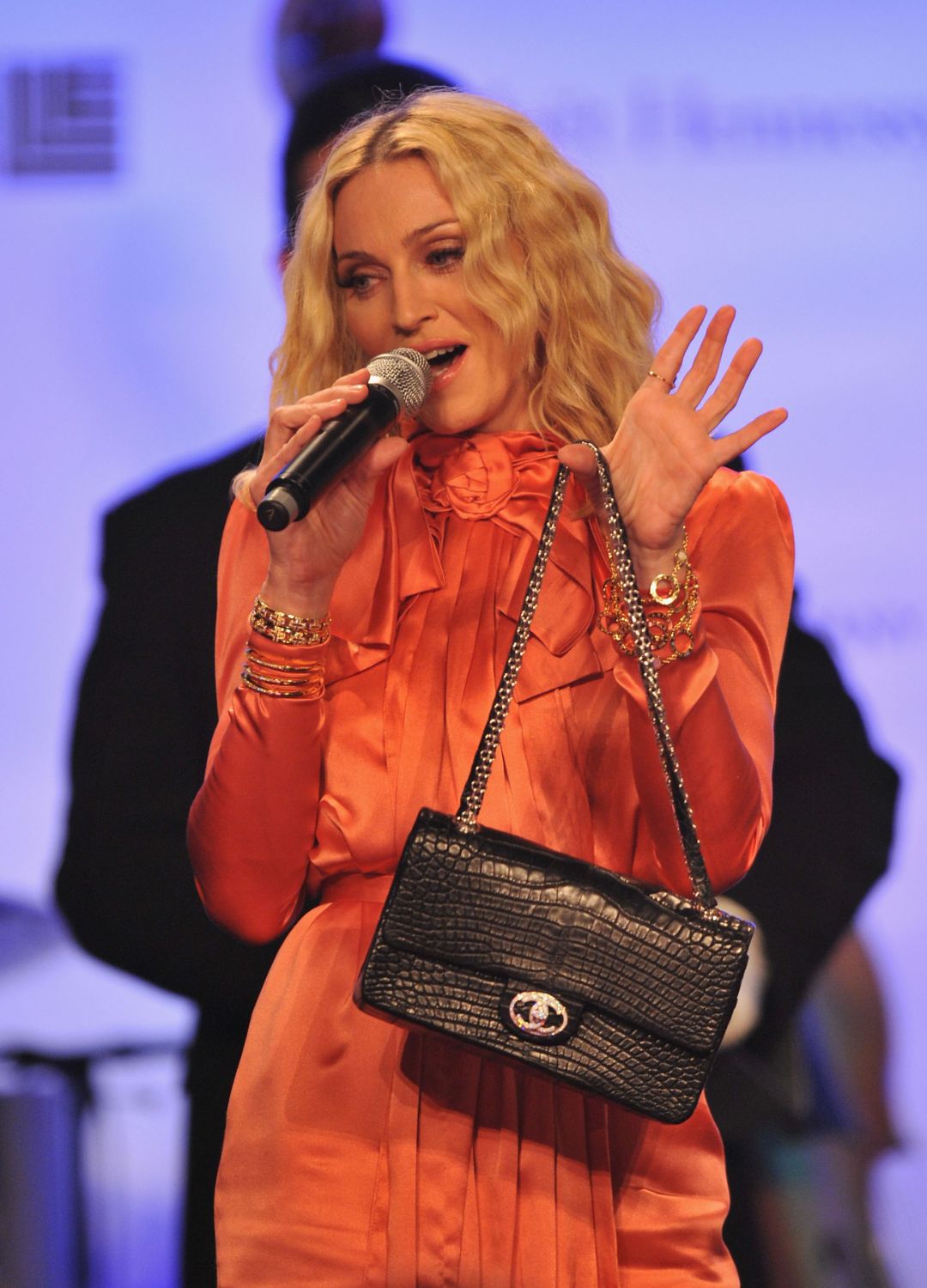
Chanel's most expensive handbag ever produced is the Chanel Diamond Forever, priced at $261,000 (approx. £203,000).
The strap of the bag is crafted from white gold, while it also boasts 334 diamonds and alligator skin material.
Madonna helped auction off a rare bag in 2008 to raise funds for amFar (the American Foundation for AIDS Research).
A suite at the Ritz is renamed after its most famous resident
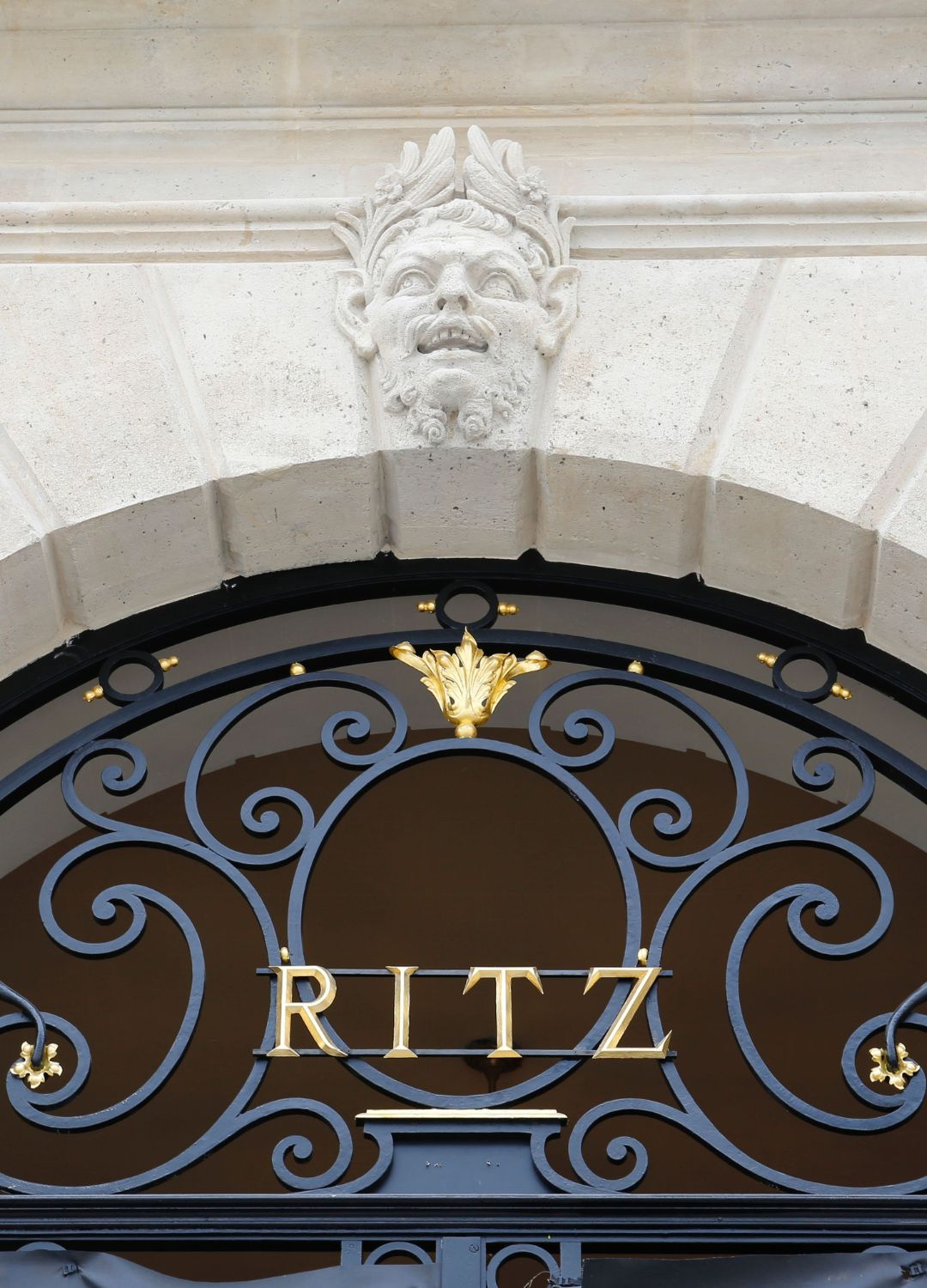
Suite 302 has been renamed the Coco Chanel Suite in her honour.
The Ritz Paris website describes the suite as, "Once through the door, you're greeted by a magnificent, light-filled apartment. These high windows open onto Place Vendôme, whose contours are said to have inspired the stopper in each bottle of N°5."
"Throughout the rooms, the timeless chic of black, ivory, and white holds sway, alongside a signature simplicity of line. A suede sofa, crystal lamps, Venetian mirrors and her beloved Coromandels call up memories of the apartment at 31 rue Cambon she called her "camp"; a place at once intimate and baroque, piled with books and good-luck charms - and steeped in mystery."
To stay in the suite starts at €36,000 a night.
Chanel remains the world’s oldest active haute couture house
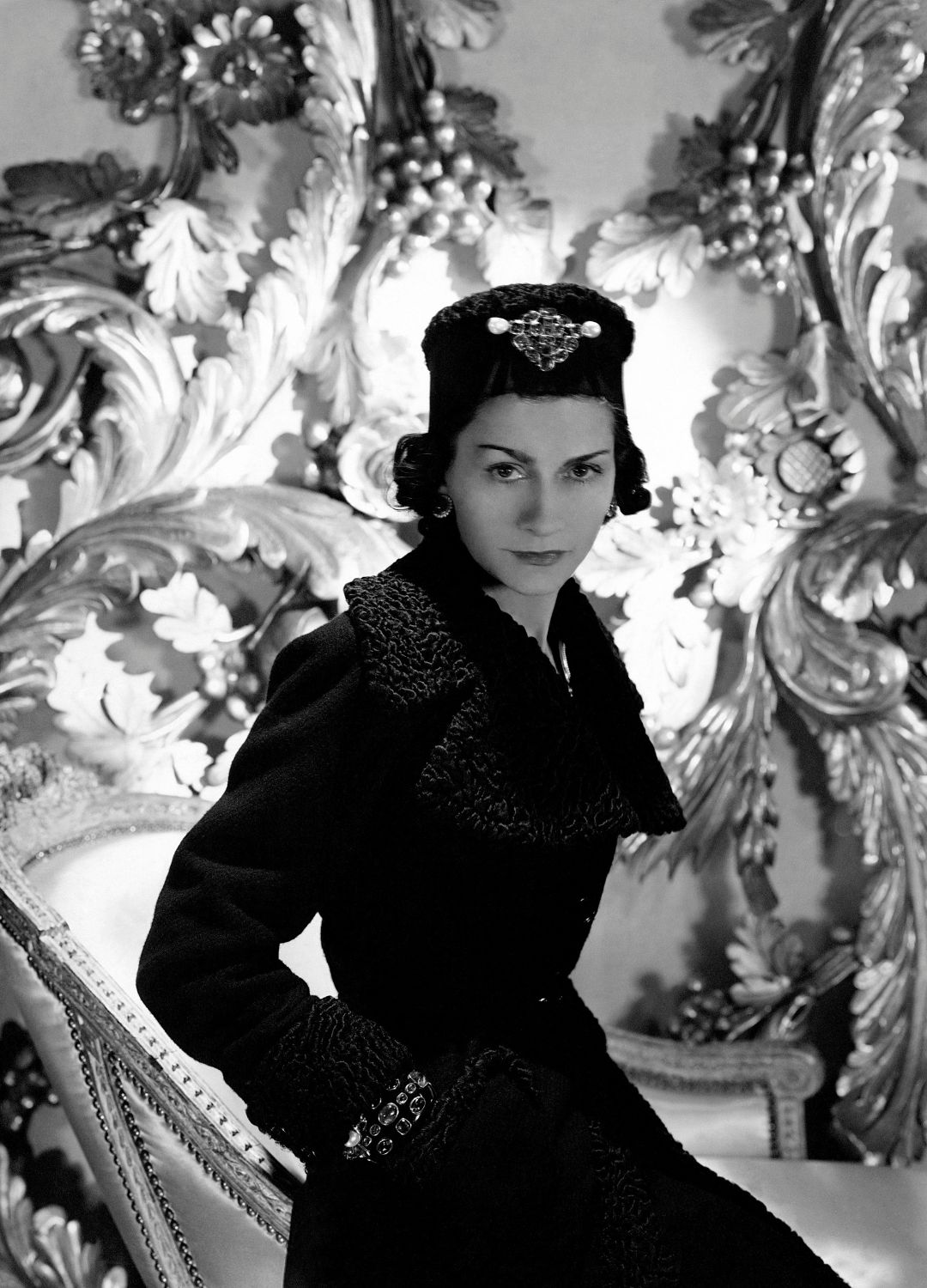
In 1918, Gabrielle Chanel established her base at number 31 rue Cambon - and the House of Chanel has remained there ever since, continuing to honour the art of Haute Couture.
While there are some brands that are older - such as Hermes - Hermes didn't move into Haute Couture until around 1929.
Therefore, Chanel remains the oldest active couture house. Long may they continue!

Jack Slater is not the Last Action Hero, but that's what comes up first when you Google him. Preferring a much more sedentary life, Jack gets his thrills by covering news, entertainment, celebrity, film and culture for woman&home, and other digital publications.
Having written for various print and online publications—ranging from national syndicates to niche magazines—Jack has written about nearly everything there is to write about, covering LGBTQ+ news, celebrity features, TV and film scoops, reviewing the latest theatre shows lighting up London’s West End and the most pressing of SEO based stories.